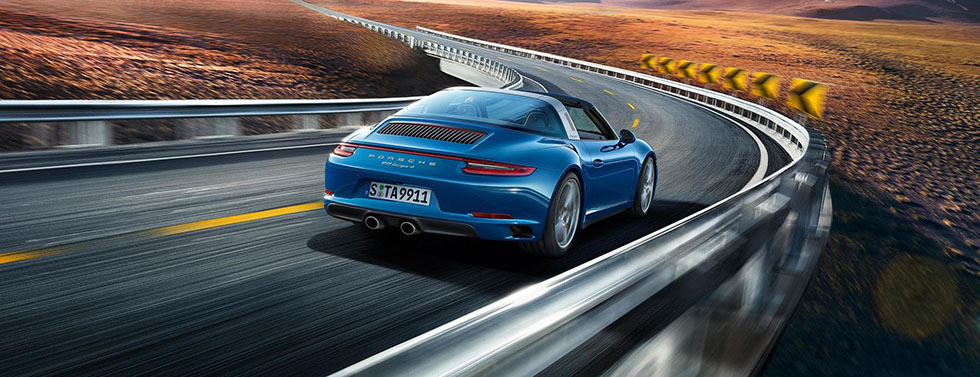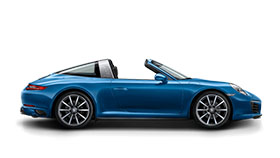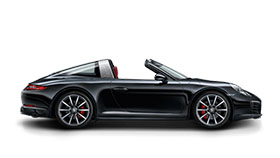Porsche Ontario
2262 Inland Empire Blvd Ontario, CA 917642019 Porsche 911 Targa 4 Overview 
2019 Porsche 911 Targa 4 in Ontario
Porsche 911 Targa 4 Dealer in Ontario
2019 Porsche 911 Targa 4 Performance 
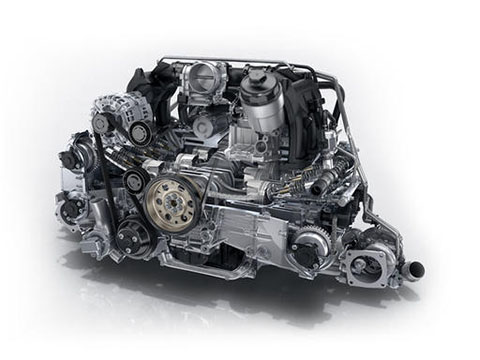
Engines
The new 911, boasts six cylinders, a displacement of 3.0 litres and two engine variants: one rated 370 hp and the other – an S model – offering 420 hp.
Both engines meet the requirements of our time. Thanks to their turbocharged design, they generate more power – with reduced displacement and lower fuel consumption.
Incredible sportiness is the number one discipline of the 911 Targa 4 models. Turbo charged induction makes their engine not only more efficient, but also more powerful. In figures: 370 hp. The high torque of 331 lb.-ft. is available early on at an impressively low 1,700 rpm. A performance promise delivered to the driver without detour – across a wide engine speed range.
Fitted as standard for the first time in all models: Porsche Active Suspension Management (PASM), the electronic damping control system. Further proof that, when it comes to the 911, it's always about increased performance – as well as greater comfort.
The base models are equipped with 19-inch alloy wheels. The newly styled single-tube tailpipes are imposing – just like the sound.
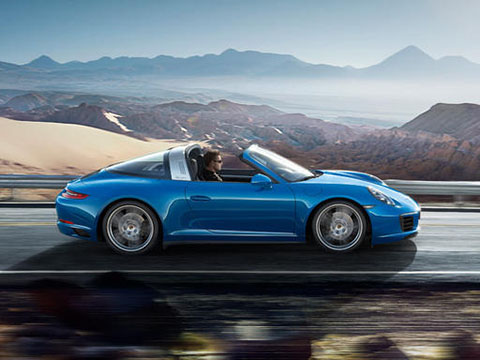
Rear-wheel and all-wheel drive
For 911 fans it's a question of faith, for tech lovers it's an issue of performance: rear or all-wheel drive?
The answer may turn out differently on either side, but neither would be wrong. Those who recognise the rear-driven variant as being the one true 911 should consider that the all-wheel drive setup goes back to the legendary Paris–Dakar Rally of 1984, when the Porsche 953 based on the 911 wrote its own chapter in sport – and engineering – history.
The all-wheel drive 911 models have a 44 mm wider body, letting it rest more firmly on the road. An impression underlined by the new light strip, especially after dark.
Another hallmark of the all-wheel drive models: sheer supremacy. In every corner and at any time of year. Porsche Traction Management (PTM), the active all-wheel drive system, varies the drive force transmitted to all four wheels as the situation demands. This helps to ensure solid roadholding and even better performance. Simultaneously, of course. In winter. Day in, day out. At the limits of dynamic driving performance.
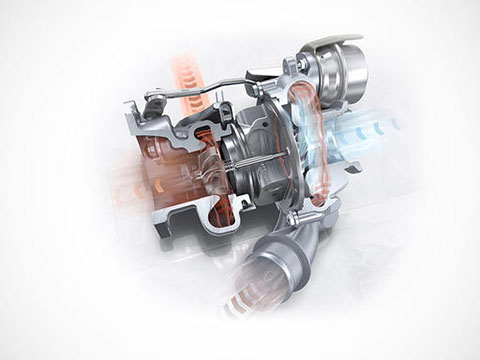
Turbo chargers
The displacement of the new 911 models has been considerably reduced with the aim of cutting fuel consumption. That's because we more than most as a sports car manufacturer bear huge responsibility. Nevertheless, the power output of the new engines has been significantly increased. Responsible for that are the turbochargers developed for the 911 completely from scratch.
The drive system is a twin-turbo configuration. It has two turbochargers with one charge-air cooling for each cylinder bank. Both turbos are particularly compact and have been optimally adapted to the displacement and power output of the engine. This construction minimises the inertia of the drivetrain and improves responsiveness. The new turbochargers leave the sceptics in their wake and find a new destination: unexplored levels of torque.
What looks technical on paper has an unmistakably resonant sound. The sound of a 911. And a performance that hits the driver in an instant. In the form of direct acceleration and visceral forward thrust. Rather like a 'thump' in the back the moment the engine unleashes its unadulterated power.
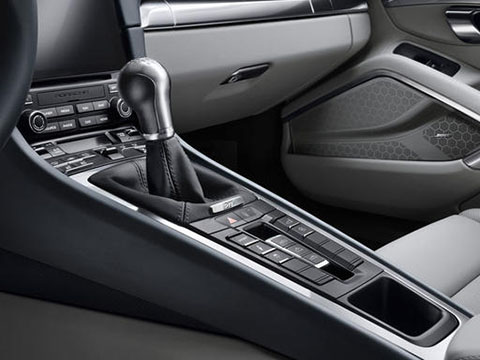
Transmissions
7-speed manual transmission
Pure, direct, precise. Short shift movements and an optimum transition from one gear to the next. The 7-speed manual transmission combines a high level of sporty performance with fast gear changes. In conjunction with the optional Sport Chrono Package, selecting SPORT or SPORT PLUS mode activates the dynamic throttle-blip function, which ensures the optimum engine speed for every downshift.
Porsche Doppelkupplung (PDK)
The optimised 7-speed PDK, featuring both a manual and an automatic mode, is available as an option and offers extremely fast gear changes with no interruption in the flow of power. And that's with even faster acceleration performance and a further reduction in fuel consumption.
Gears one to six have a sports ratio, with top speed being reached in sixth gear. Seventh gear is ratioed primarily for fuel economy.
PDK is essentially two gearboxes in one. This double-clutch arrangement provides an alternating, non-positive connection between the two half gearboxes and the engine by means of two separate input shafts.
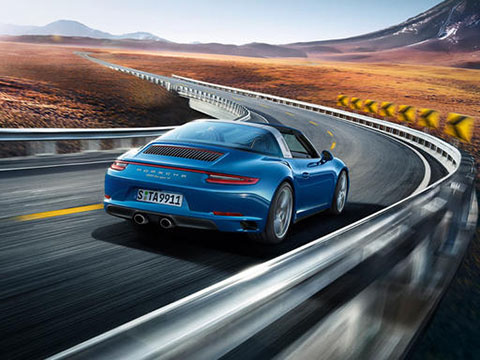
Efficiency-enhancing technologies
Auto start/stop switches off the engine when the driving speed falls below 7 km/h under moderate deceleration, such as when you are approaching a red light. As soon as you release the clutch or, with PDK, depress the accelerator pedal, the engine restarts – swiftly and smoothly.
In conjunction with Porsche Doppelkupplung (PDK), a coasting function becomes available where the situation allows. The engine is decoupled from the transmission to avoid deceleration caused by engine braking. In this way, optimum use is made of the vehicle's momentum, enabling it to coast for longer distances.
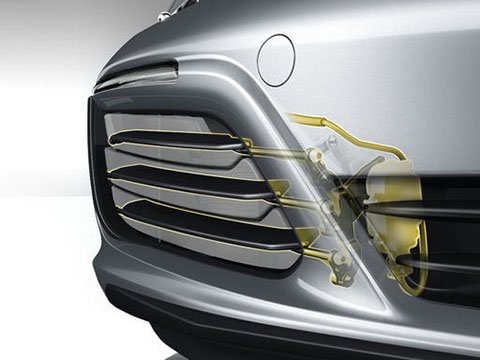
Active air intake flaps
The active air intake flaps in the front air intakes act to reduce fuel consumption during everyday trips and to achieve superlative performance on sporty drives. Already proven on the 918 Spyder, the flaps close automatically while the car is in motion and thereby reduce drag.
On demand or in SPORT or SPORT PLUS mode, the flaps open and help to provide optimum engine cooling.
This means that cooling air is supplied only to the extent that it is actually needed. That's efficiency. Of the intelligent kind.
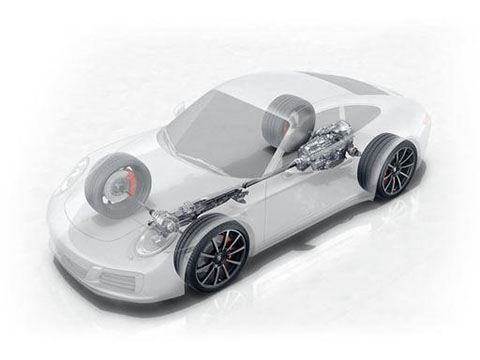
Chassis
Porsche Traction Management (PTM)
The electronically controlled and fully variable multi-plate clutch distributes drive force between the permanently driven rear axle and the front axle.
Porsche Active Suspension Management (PASM)
This electronic damping control system continuously adjusts the damping force on each wheel.
Porsche Stability Management (PSM)
PSM maintains stability even at the limits of dynamic driving performance.
Also available:
Porsche Torque Vectoring (PTV), Porsche Torque Vectoring Plus (PTV Plus), SPORT button, and Front Axle Lift System
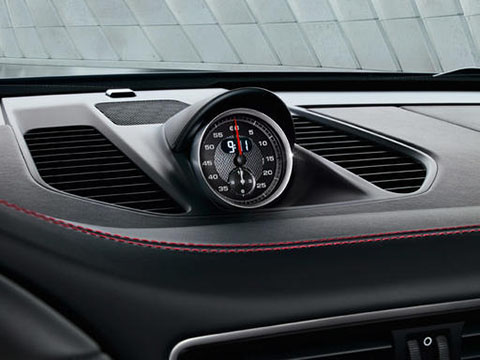
Sport Chrono Package
The functions of the optional Sport Chrono Package enable an even sportier tuning of the chassis, engine and transmission.
What's new is the mode switch on the steering wheel, derived from the 918 Spyder. Without your hand leaving the steering wheel, you can choose any of four settings: Normal, SPORT, SPORT PLUS and Custom.
On activation of SPORT PLUS mode, Porsche Active Suspension Management (PASM) and, in the S models, optional Porsche Dynamic Chassis Control (PDCC) and optional rear axle steering adapt for enhanced roadholding performance by switching to a sportier damper setting and offering more direct turn-in on entering the corner.
2019 Porsche 911 Targa 4 Appearance 
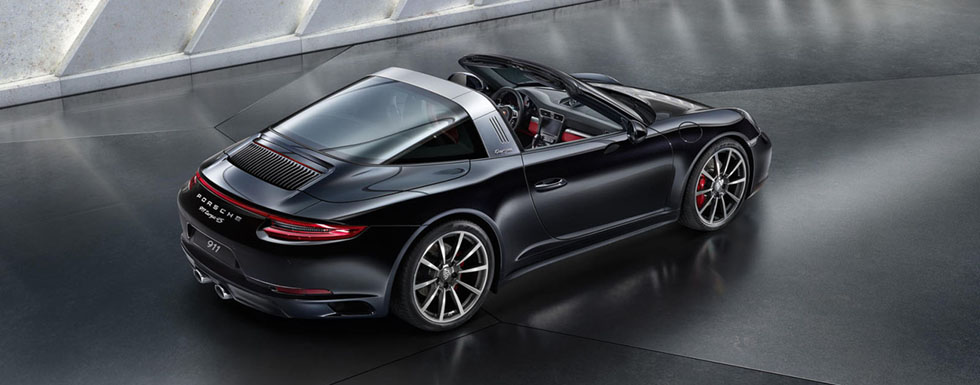
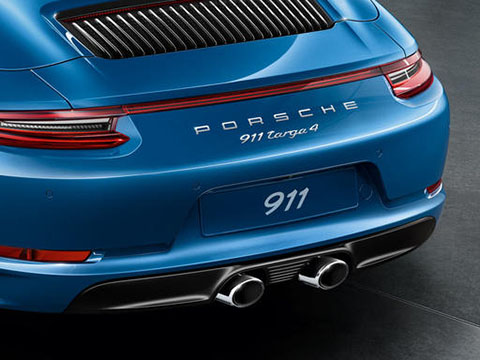
Sport exhaust system
It's a first for any Porsche turbocharged boxer engines, and it's a technical innovation. Available as an option for the new 911, the sport exhaust system features two catalytic converters and a rear silencer, which lead into two centrally positioned tailpipes. For a look otherwise more likely to be seen on the racetrack. For impressive resonance and an intense sports car sound – typical of the 911. For 100 % Porsche . And for goose bumps at the push of a button.
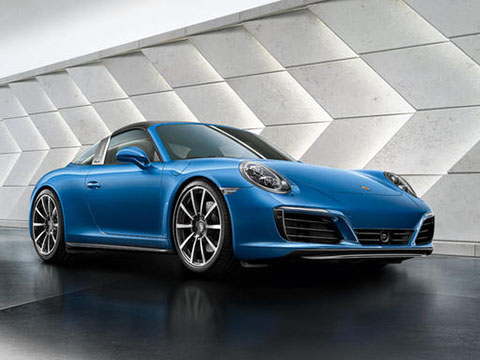
Design
Proportions and contouring follow the 911 tradition: with wings that are higher than the front lid; with headlights that are bulging and round; with a roof line that slopes down towards the rear over tapering side windows. The overall appearance is low, wide and sleek.
The front has been reshaped for an even sportier look. The rear encapsulates the heart of the 911: the engine.
Sharp, sporty and timeless. The contouring of the rear is even more clearly defined, making it look wider, brawnier and more heavily built.
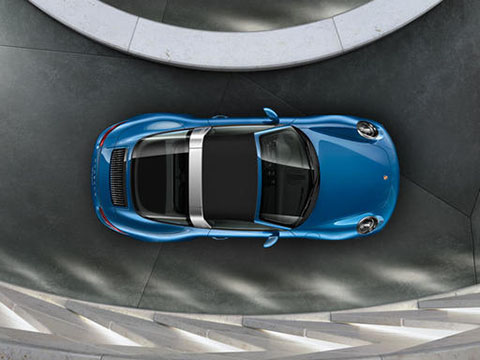
Lightweight construction
Lightweight construction is not intelligent unless the right material is used in the right place on the vehicle. That, too, is Porsche conceptual harmony. For without body rigidity, there is no agility.
Likewise, driving dynamics and ride comfort are inextricably linked. For the bodyshell, therefore, our engineers used very thin, but nevertheless extremely stiff, sheets of steel. Aluminium and magnesium were used extensively in areas such as the roof, the underbody, the front and rear ends, the doors and wings, and the engine compartment and luggage compartment lids.
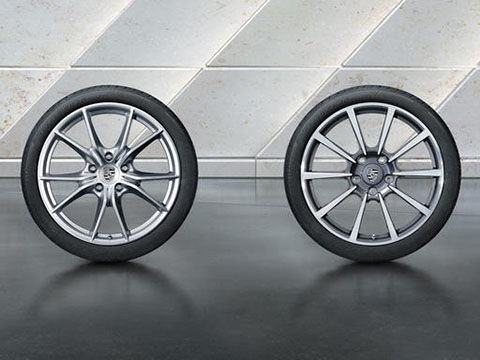
Wheels
The 911 Targa 4 is equipped with 19-inch wheels. These are lightweight alloys featuring a classic sporty design.
The S model is equipped with 20-inch alloy wheels. The visual effect is sporty and dynamic. The tyres are wider to cope with the increased power output of these models.
The large wheel size improves traction and track performance. Rolling resistance and tyre weight are comparatively low, which helps to reduce fuel consumption.
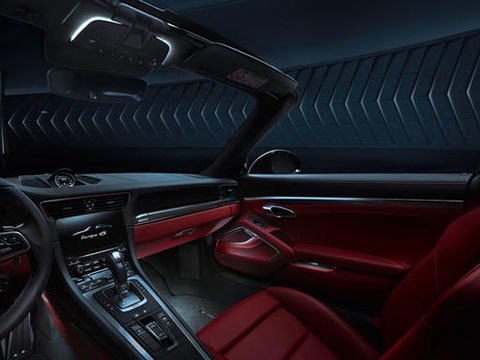
Light design package
The optional light design package is both practical and aesthetically appealing. It comprises dimmable LEDs in the overhead console and in the areas of the door handles, door storage compartments, front footwells and rear seats.
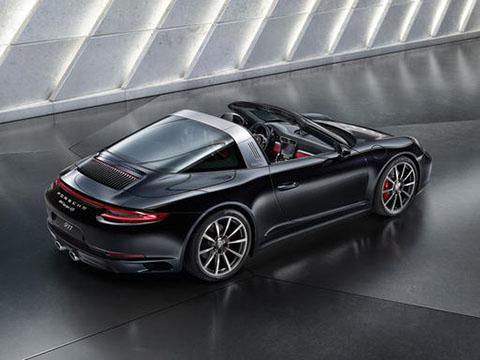
Roof system
The fully automatic roof system of the new 911 Targa 4 models is innovative – and extremely robust. With the vehicle stationary, the roof opens and closes fully automatically in around 20 seconds. And it folds away behind the rear seats elegantly and with visual perfection.
Two magnesium elements provide optimum tensioning of the fabric hood, while the heatable rear screen is made from laminated safety glass. Together with the soundproofed interior lining of the hood itself, this selection of materials ensures an incredibly low level of driving noise with the roof closed.
2019 Porsche 911 Targa 4 Comfort 
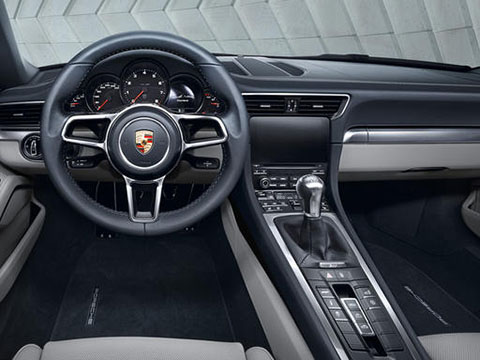
Interior design
Everything in the interior is geared towards looking forward: to the car in front, to the next corner, to the next driving manoeuvre.
That's possible only when synergies are created between engineering and design, and sportiness and comfort. Proof: the new sports steering wheel with its puristic design and excellent ergonomics. More proof: the ascending centre console. The principle they share: putting the driver first. The same applies to the suspension settings and the two-zone air conditioning system. There shouldn't be any need to spend too long browsing one submenu after another. You should instead be able to concentrate on what's important: driving pleasure.
The instrument cluster with 4.6-inch color screen provides you with a continuous stream of data from the onboard computer, such as trip mileage, journey time or average fuel consumption. It also displays the map of the navigation system together with real-time traffic information, delivers various warnings and reminds you of your chosen communication and audio settings.
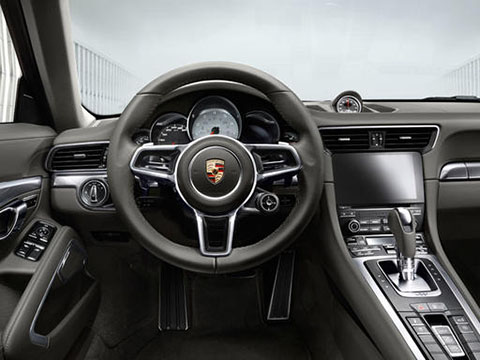
Steering
Electromechanical power steering
Statistically, a car drives in a straight line 90 % of the time. In light of this, our engineers identified potential for energy savings. Unlike the hydraulic pumps of conventional power steering systems, the electric motor of the electromechanical arrangement uses energy only when the steering wheel is actually turned.
Sport steering wheel
Fitted as standard, the sport steering wheel with spoked design is lightweight and functional.
In conjunction with PDK, the sport steering wheel features two alloyed gearshift paddles. The shift throw of the paddles has been reduced, gearshifts are even crisper. Available as an option is the new GT sport steering wheel. This has a smaller diameter. The decorative ring and the paddles are finished in Galvano Silver, while the spoke trims are screw-fastened.
Heating and multifunction controls are optionally available for all steering wheels. These give you fingertip access to the color display, the on-board computer and many audio, telephone and navigation functions.
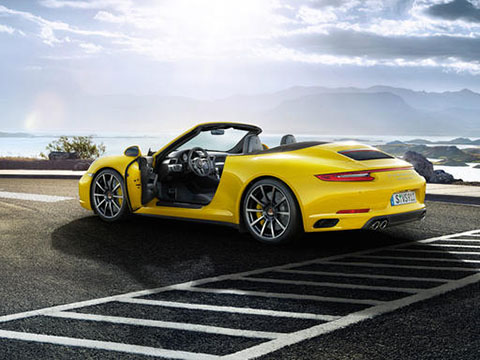
Added Comfort
Porsche Entry & Drive
With the optional Porsche Entry & Drive, you can leave your car key in your pocket. As soon as you grab the door handle, or your hand nears the Porsche Crest on the luggage compartment lid, the system automatically checks the encrypted access code on the key. Once the key is validated, the door or the luggage compartment lid unlocks. The engine can then be started and switched off using the electronic ignition switch.
Luggage compartment
The luggage compartment volume in the 911 models is 145 liters – 125 liters in the 911 all-wheel drive models.
Climate control
All models feature two-zone automatic climate control as standard, offering an enhanced ventilation effect and separate temperature controls for the driver and front passenger.
An active carbon filter traps particles, pollen and odours and an automatic airrecirculation function permanently monitors air quality, reduces humidity and switches from fresh to recirculated air when required.
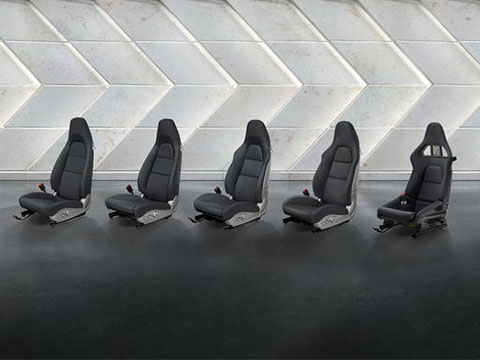
Seats
Sports seats
The Sports seats are equipped as standard with electric seat height and backrest adjustment and mechanical fore/aft adjustment.
Sports seats Plus
Available as an option are Sports seats Plus in leather with electric seat height and backrest adjustment as well as mechanical fore/aft adjustment. The side bolsters on the squab and backrest have a firmer, sportier padding and offer even better lateral support.
Also available:
Sports bucket seats*, Seat heating and ventilation
*Child seats are not compatible with the Sports bucket seats.
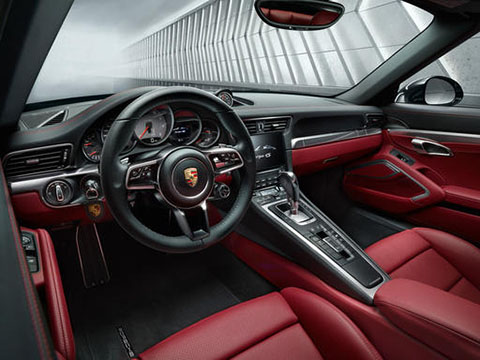
Sound
Sound Package Plus
Sound Package Plus, with eight loudspeakers and a total output of 150 watts, delivers excellent sound.
BOSE® Surround Sound System
The optional BOSE® Surround Sound System features 12 fully active loudspeakers and amplifier channels including a patented 100-watt active subwoofer integral to the vehicle bodyshell. Total output 555 watts.
Burmester® High-End Surround Sound System
The system has 12 amplifier channels with a total output of 821 watts, 12 loudspeakers including an active subwoofer with 300-watt class D amplifier, a total diaphragm surface area of more than 1,340 cm2, and a frequency response of 35 Hz to 20 kHz.
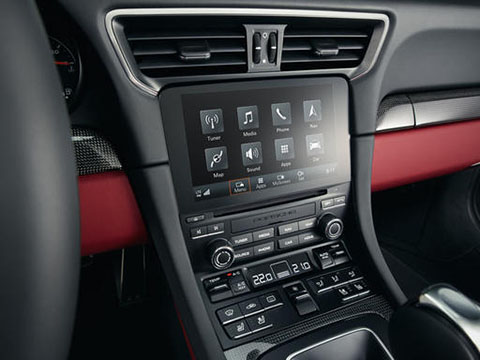
Communication
The new Porsche Communication Management (PCM)
The enhanced Porsche Communication Management (PCM) is your central control unit for all infotainment applications and is standard equipment in all models. The PCM features a high-resolution touch display with integrated proximity sensor which allows simple and convenient operation.
Connect Plus
The Connect Plus module ensures maximum connectivity in your Porsche. With the Connect Plus module, you have access to a range of helpful Porsche Connect services like real-time traffic information. Porsche Connect offers two smartphone apps: Porsche Car Connect and the Porsche Connect app.
2019 Porsche 911 Targa 4 Safety 
New Car Limited Warranty & Porsche 24-Hour Roadside Assistance Program for 4-Years / 50,000 Miles (whichever occurs first)
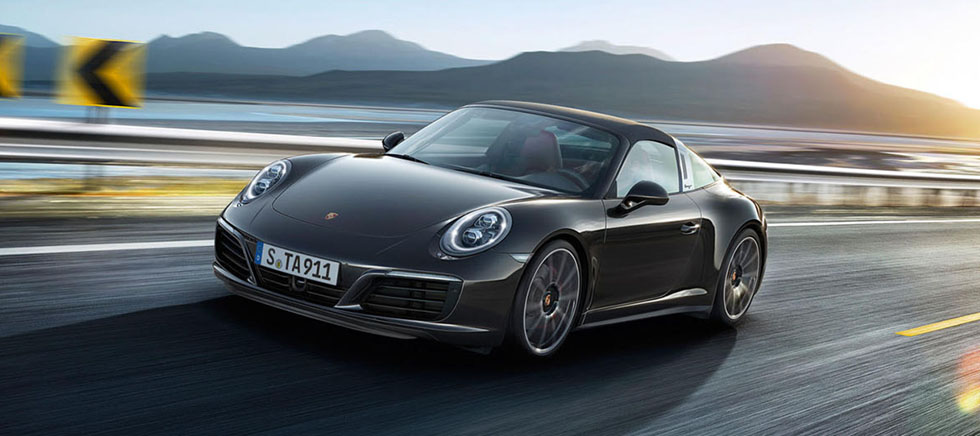
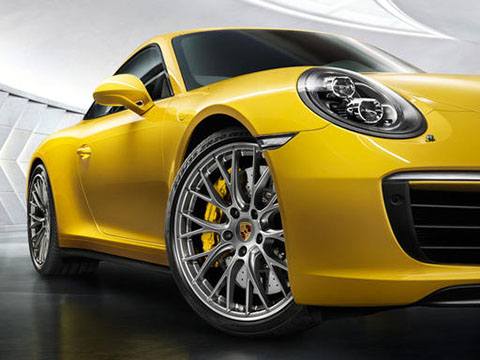
Brakes
The 911 Targa 4 is fitted with newly developed four-piston aluminium monobloc fixed calipers with a black anodised finish. All brake discs have a diameter of 330 mm.
The S model is equipped with red sixpiston aluminium monobloc fixed brake calipers at the front and four-piston equivalents at the rear. The brake chambers at the front axle are now made from aluminium. Brake disc diameters are 350 mm at the front, 330 mm at the rear. For enhanced stability and braking performance.
On all models, the brake calipers have an enclosed monobloc construction.
Porsche Ceramic Composite Brake (PCCB)
The Porsche Ceramic Composite Brake (PCCB) is available as an option. On the new 911, the cross-drilled ceramic brake discs of PCCB now have a diameter of 410 mm at the front and 390 mm at the rear.
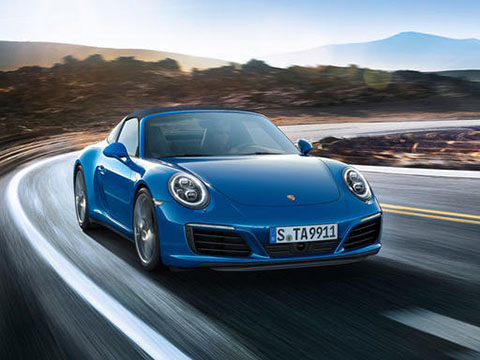
Airbags, Porsche Side Impact Protection System (POSIP) and Roll-over protection
Airbags, Porsche Side Impact Protection System (POSIP)
Advanced airbag technology in the form of full-size driver and front passenger airbags, which are inflated in two stages depending on the severity and type of accident. Side impact protection elements are located in the doors with two airbags on each side. An integral thorax airbag is located in each seat side bolster, while the door panels each contain an upwards-inflating head airbag.
Roll-over protection
For the 911 Targa 4 and 911 Targa 4S, added roll-over safety is provided by a steel protection system concealed behind the aluminium trim of the Targa roll bar.
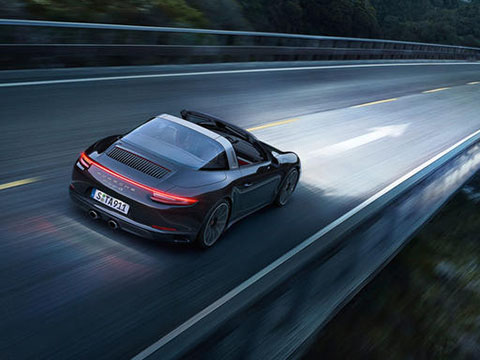
Lights
Four-spot LED daytime running lights now incorporated into each headlight unit, while cutting edge LED technology is also used for all functions of the redesigned taillights.
Porsche Dynamic Light System (PDLS)
The Porsche Dynamic Light System (PDLS) is available as an option. Its dynamic cornering light function swivels the main headlights towards the inside of a bend so as to light up more of the road at bends and turns.
LED main headlights including Porsche Dynamic Light System Plus (PDLS+)
Superior safety meets sporty design in the form of optional LED main headlights including PDLS+ with dynamic main beam function. A camera detects the lights of vehicles ahead as well as those of oncoming traffic and adapts the headlight range accordingly.
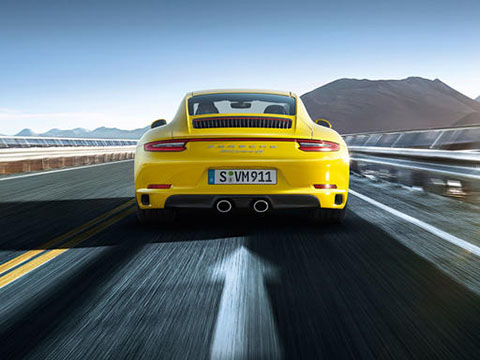
Safety Technology
Adaptive cruise control including Porsche Active Safe (PAS)
Available as an option in conjunction with Porsche Doppelkupplung (PDK), this enhanced version of cruise control actively regulates the speed of your vehicle in line with the speed of the vehicle in front. A radar sensor scans the road ahead up to a distance of 200 m.
Lane Change Assist
New Lane Change Assist, available as an option, uses radar sensors to monitor the areas to the rear of the vehicle and the blind spots on either side.
ParkAssist
Featuring four inconspicuous sensors in the rear end, the system audibly alerts the driver to the presence of obstacles detected behind the vehicle. ParkAssist comes standard and monitors the front end with four additional sensors.
2019 Porsche 911 Targa 4 Specification 

Width (w/ mirrors folded): 72.9 in
Length: 177.1 in
Specs reflect base model unless otherwise noted.
| Engine | |
|---|---|
| Engine layout | Rear-engine |
| Design and cylinders | Twin-turbocharged boxer 6 |
| Bore | 91.0 mm |
| Stroke | 76.4 mm |
| Displacement | 3.0 l |
| Max. power | 370 hp |
| Max. power at rpm | 6,500 rpm |
| Max. torque | 331 lb-ft |
| Max. torque at rpm | 1,700 - 5,000 rpm |
| Compression ratio | 10.0 : 1 |
| Max. engine speed | 7,500 rpm |
| Power-to-weight ratio (Manual) | 9.4 lb/hp |
| Power-to-weight ratio (PDK (Automatic)) | 9.5 lb/hp |
| Max. power per liter | 123.3 hp/l |
| Valves | 2 intake / 2 exhaust |
| Exhaust emission treatment | 2 catalytic converters |
| Knock control | Yes |
| Intake style | Expansion intake manifold |
| Lubrication | Integrated dry-sump |
| Valve timing | VarioCam Plus |
| Cooling | Water-cooled |
| Body | |
| Type | Coupe (2+2) |
| Length | 177.1 in |
| Width (w/ mirrors) | 77.9 in |
| Width (w/ mirrors folded) | 72.9 in |
| Height | 50.7 in |
| Drag coefficient (Cd) | 0.30 Cd |
| Wheelbase | 96.5 in |
| Turning circle | 36.4 ft |
| Front track | 60.7 in |
| Rear track | 61.3 in |
| Curb weight (Manual) | 3,462 lb |
| Curb weight (PDK (Automatic)) | 3,506 lb |
| Gross Vehicle Weight Rating (GVWR) (Manual) | 4,409 lb |
| Gross Vehicle Weight Rating (GVWR) (PDK (Automatic)) | 4,442 lb |
| Maximum load (Manual) | 947 lb |
| Maximum load (PDK (Automatic)) | 936 lb |
| Capacities | |
|---|---|
| Front luggage compartment volume | 4.4 ft³ |
| Fuel tank | 17.6 gal |
| Fuel Consumption | |
| City (Manual) | 19 MPG |
| City (PDK (Automatic)) | 22 MPG |
| Highway | 28 MPG |
| Combined (Manual) | 22 MPG |
| Combined (PDK (Automatic)) | 24 MPG |
| EPA Disclaimer | EPA estimate. Actual mileage may vary. |
| Chassis and Suspension | |
|---|---|
| Front axle | MacPherson strut suspension with anti-roll bar |
| Rear axle | LSA multi-link suspension with anti-roll bar |
| Brakes | 330 mm internally vented brake rotors front and rear with 4-piston aluminum monobloc fixed calipers front and rear |
| Steering | Electric power-assisted steering with variable steering ratio |
| Anti-lock Braking System (ABS) | Component of Porsche Stability Management (PSM) |
| Traction control | Component of Porsche Stability Management (PSM) |
| Stability control | Component of Porsche Stability Management (PSM) |
| Wheels (front) | 8.5 J x 19 ET 50 |
| Tires (front) | 235 / 40 ZR 19 |
| Wheels (rear) | 11.5 J x 19 ET 56 |
| Tires (rear) | 295 / 35 ZR 19 |
| Performance | |
|---|---|
| Top track speed (Manual) | 179 mph |
| Top track speed (PDK (Automatic)) | 178 mph |
| 0 - 60 mph (Manual) | 4.5 s |
| 0 - 60 mph (PDK (Automatic)) | 4.3 s |
| 0 - 60 mph with Sport Chrono Package (Manual) | 4.5 s |
| 0 - 60 mph with Sport Chrono Package (PDK (Automatic)) | 4.1 s |
| Service & Warranty | |
|---|---|
| Limited vehicle warranty | 4 years/50,000 miles (whichever comes first) including 24-hour roadside assistance program |
| Main service interval | Porsche Cars North America offers service and maintenance packages in a variety of terms to match your intended usage. Please see your authorized Porsche Dealer for details and availability. |
| Limited paint warranty | 4 years/50,000 miles (whichever comes first) |
| Limited corrosion warranty | 12 years/unlimited miles |
We're sorry, but we do not have a 2019 Porsche 911 Targa 4 in our current inventory.
Disclaimers
- * For up-to-date pricing and disclaimer information please contact your local dealer.
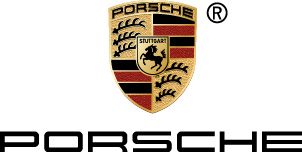
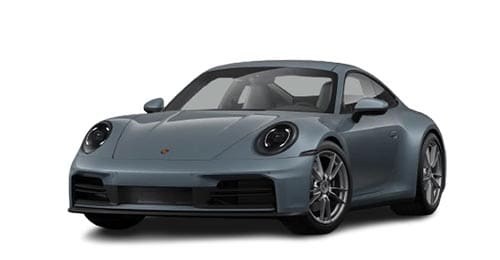 2026 911 Carrera
2026 911 Carrera
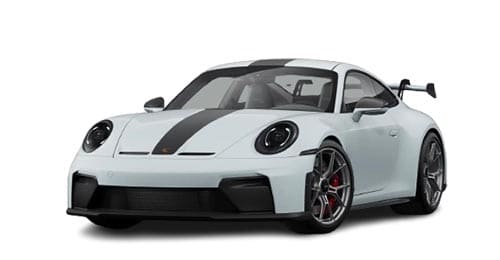 2026 911 GT3
2026 911 GT3
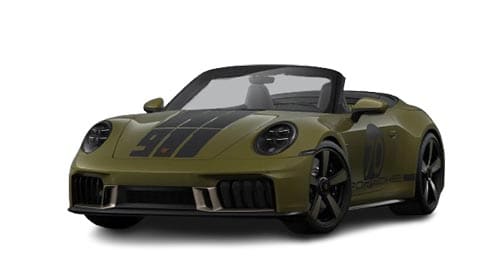 2026 911 Spirit 70
2026 911 Spirit 70
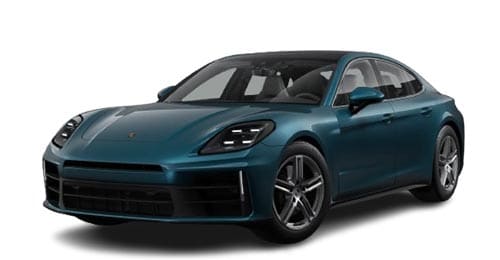 2026 Panamera
2026 Panamera
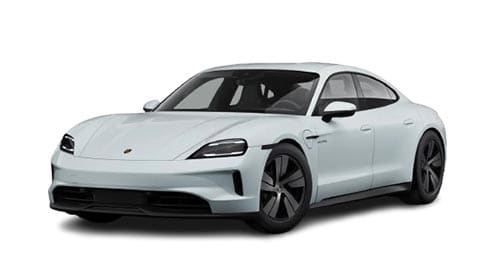 2026 Taycan
2026 Taycan
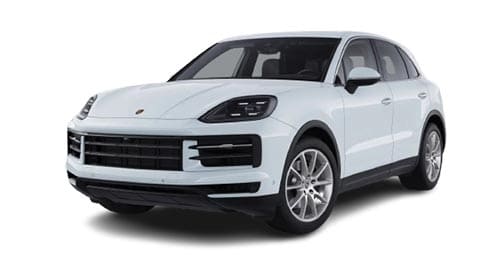 2026 Cayenne
2026 Cayenne
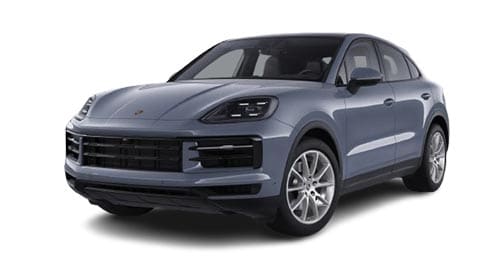 2026 Cayenne Coupe
2026 Cayenne Coupe
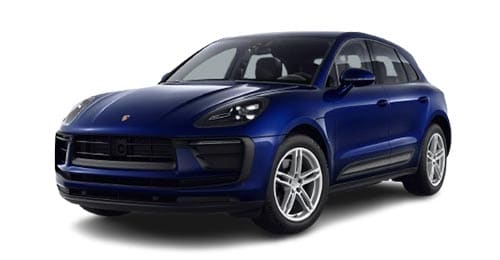 2026 Macan
2026 Macan
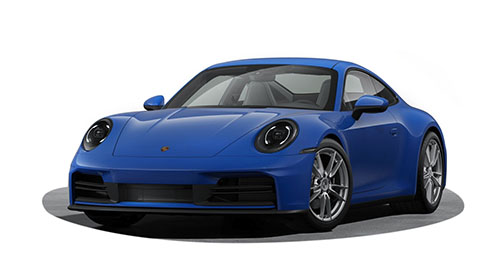 2025 911 Carrera
2025 911 Carrera
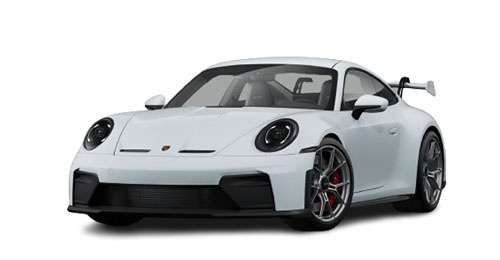 2025 911 GT3
2025 911 GT3
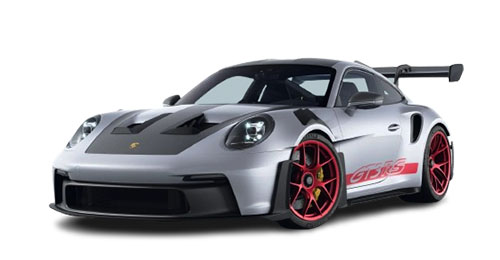 2025 911 GT3 RS
2025 911 GT3 RS
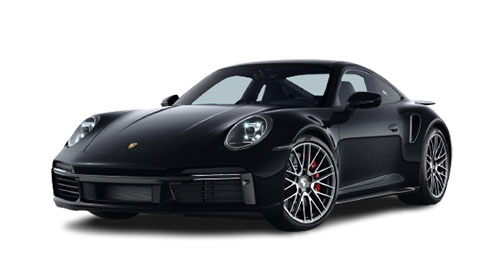 2025 911 Turbo
2025 911 Turbo
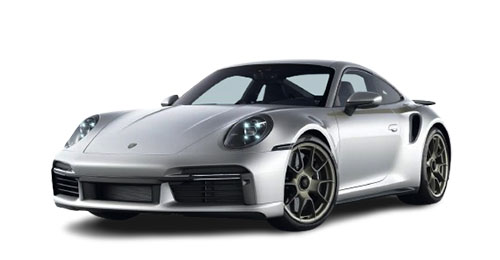 2025 911 Turbo 50 Years
2025 911 Turbo 50 Years
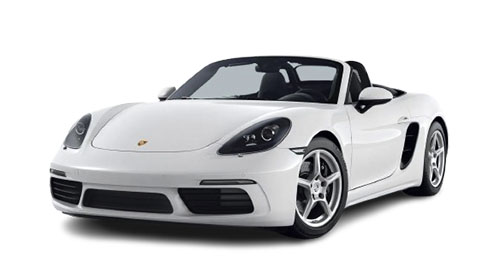 2025 718 Boxster
2025 718 Boxster
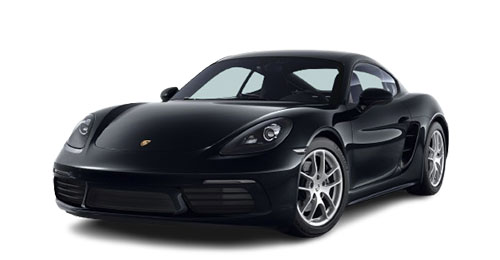 2025 718 Cayman
2025 718 Cayman
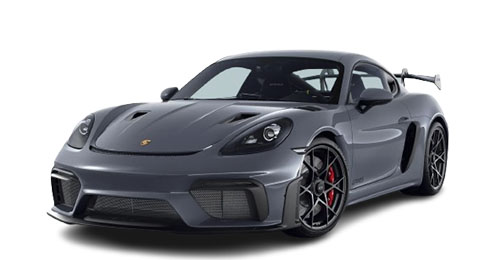 2025 718 Cayman GT4 RS
2025 718 Cayman GT4 RS
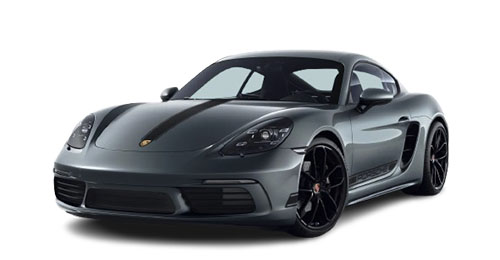 2025 718 Cayman Style Edition
2025 718 Cayman Style Edition
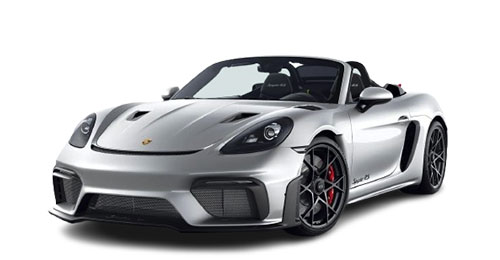 2025 718 Spyder RS
2025 718 Spyder RS
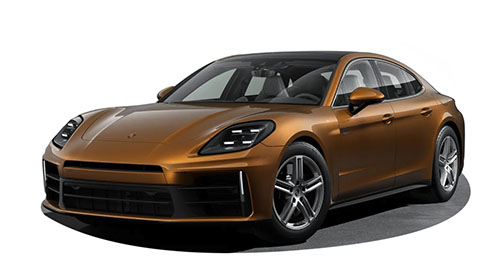 2025 Panamera
2025 Panamera
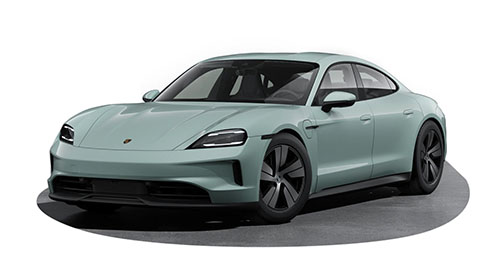 2025 Taycan
2025 Taycan
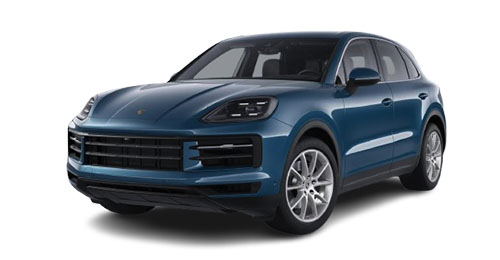 2025 Cayenne
2025 Cayenne
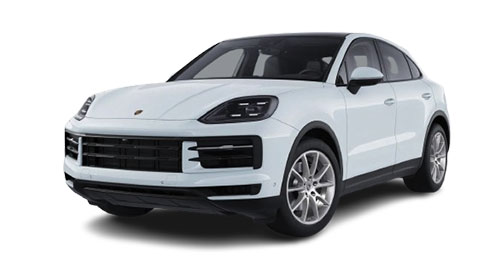 2025 Cayenne Coupe
2025 Cayenne Coupe
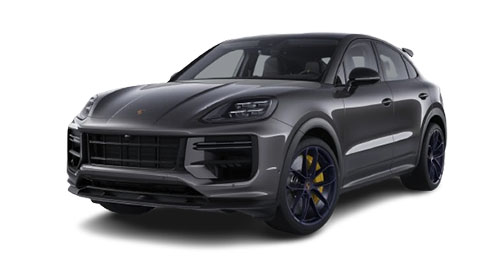 2025 Cayenne Turbo GT
2025 Cayenne Turbo GT
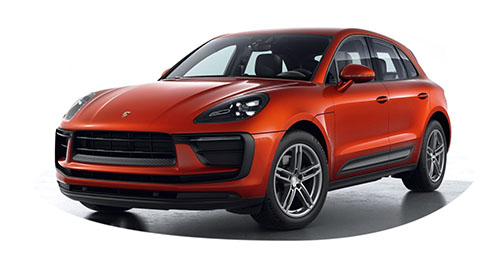 2025 Macan
2025 Macan
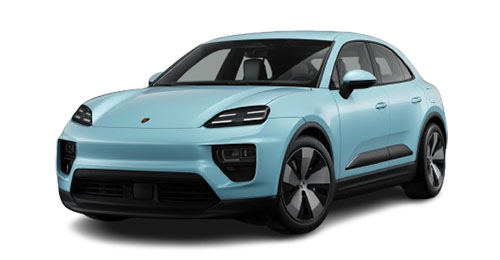 2025 Macan Electric
2025 Macan Electric
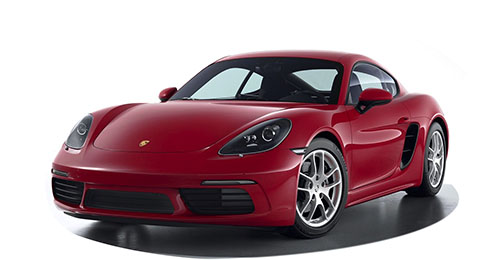 2024 718 Cayman
2024 718 Cayman
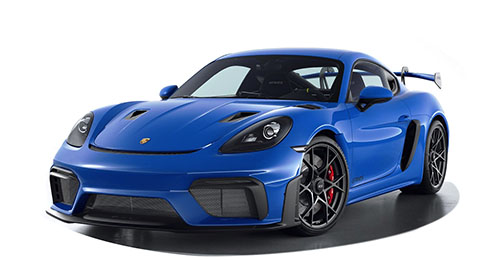 2024 718 Cayman GT4 RS
2024 718 Cayman GT4 RS
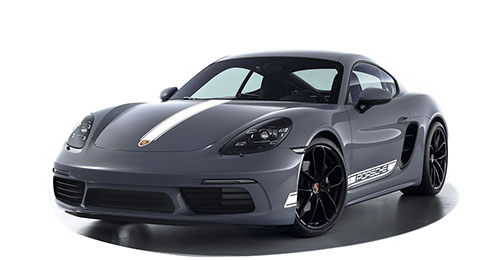 2024 718 Cayman Style Edition
2024 718 Cayman Style Edition
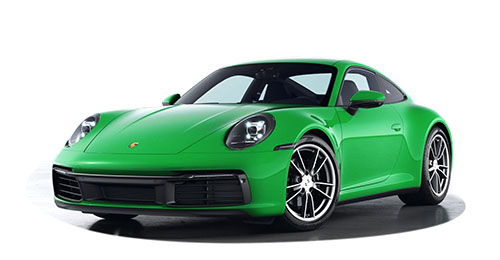 2024 911 Carrera
2024 911 Carrera
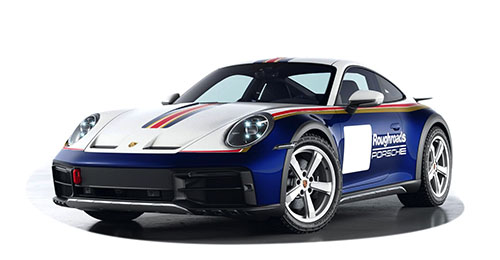 2024 911 Dakar
2024 911 Dakar
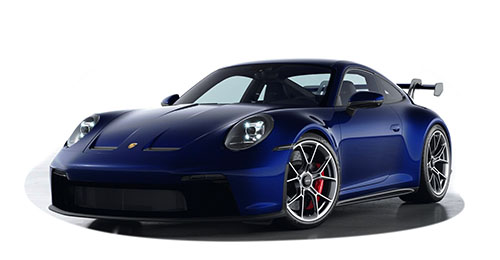 2024 911 GT3
2024 911 GT3
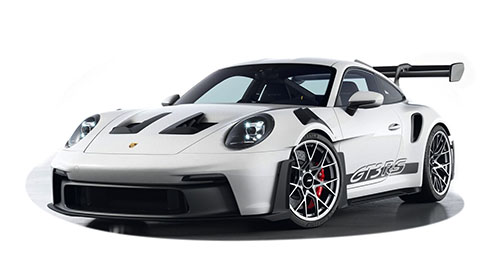 2024 911 GT3 RS
2024 911 GT3 RS
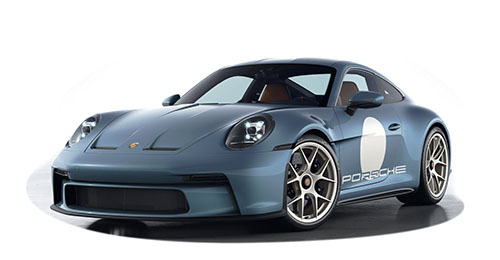 2024 911 ST
2024 911 ST
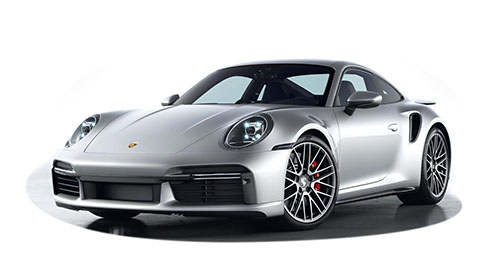 2024 911 Turbo
2024 911 Turbo
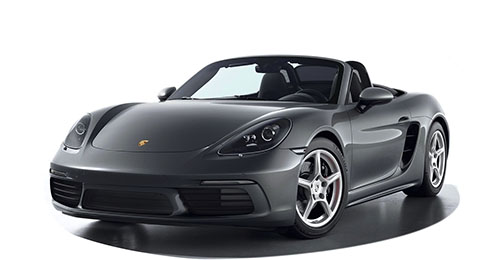 2024 718 Boxster
2024 718 Boxster
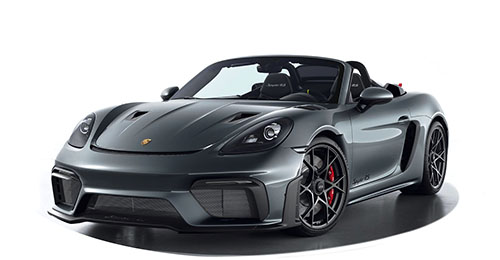 2024 718 Spyder RS
2024 718 Spyder RS
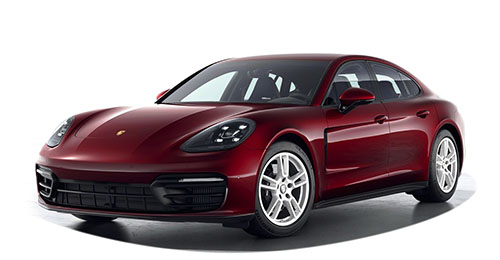 2024 Panamera
2024 Panamera
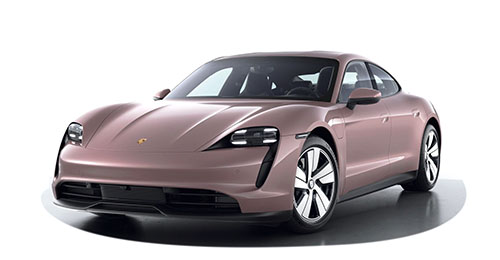 2024 Taycan
2024 Taycan
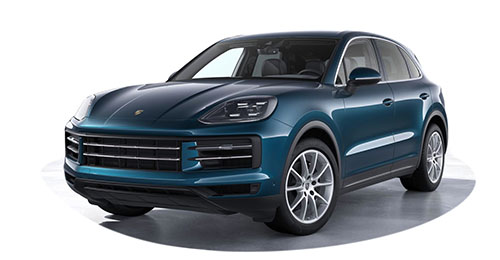 2024 Cayenne
2024 Cayenne
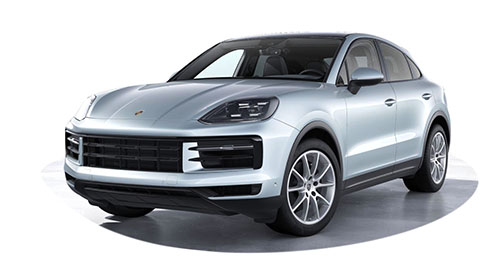 2024 Cayenne Coupe
2024 Cayenne Coupe
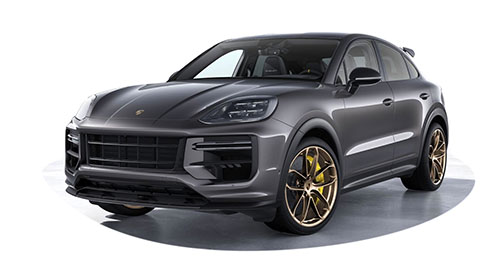 2024 Cayenne Turbo GT
2024 Cayenne Turbo GT
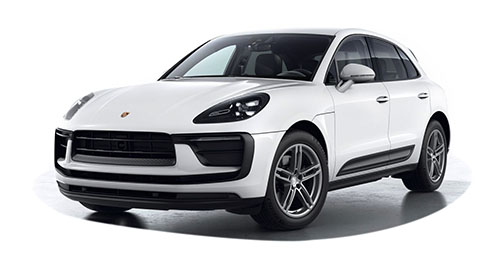 2024 Macan
2024 Macan
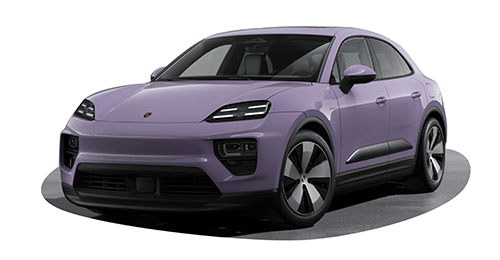 2024 Macan Electric
2024 Macan Electric
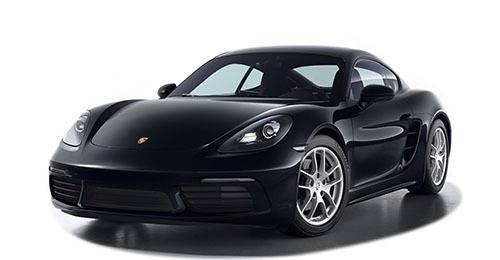 2023 718 Cayman
2023 718 Cayman
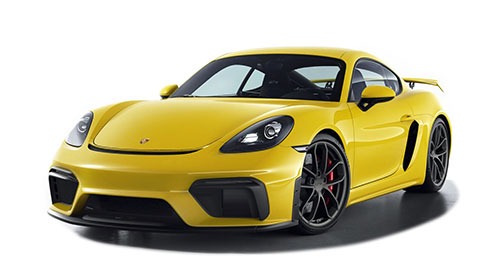 2023 718 Cayman GT4
2023 718 Cayman GT4
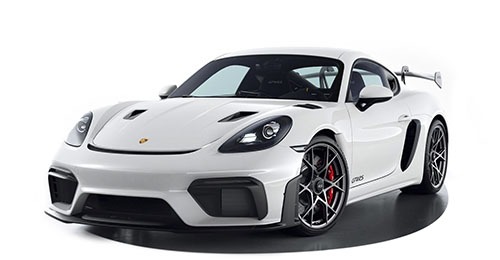 2023 718 Cayman GT4 RS
2023 718 Cayman GT4 RS
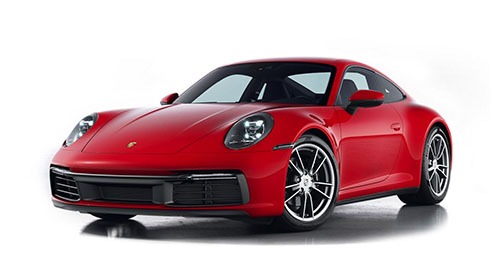 2023 911 Carrera
2023 911 Carrera
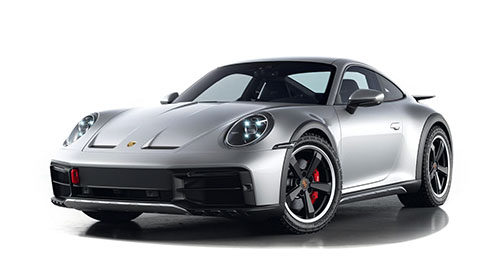 2023 911 Dakar
2023 911 Dakar
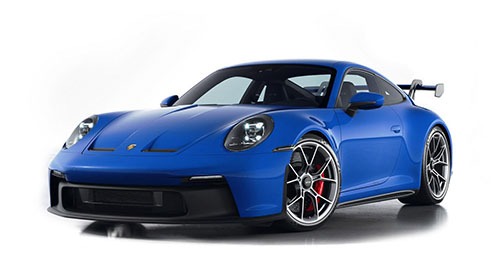 2023 911 GT3
2023 911 GT3
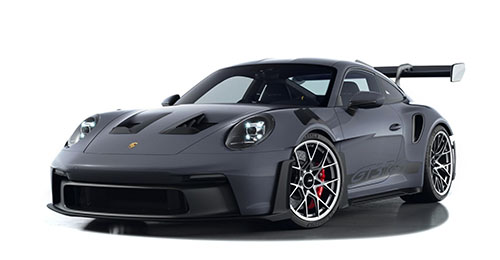 2023 911 GT3 RS
2023 911 GT3 RS
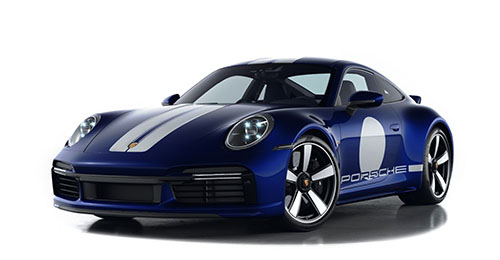 2023 911 Sport Classic
2023 911 Sport Classic
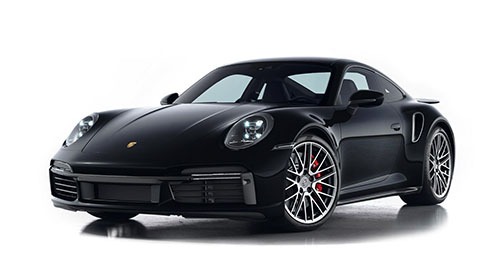 2023 911 Turbo
2023 911 Turbo
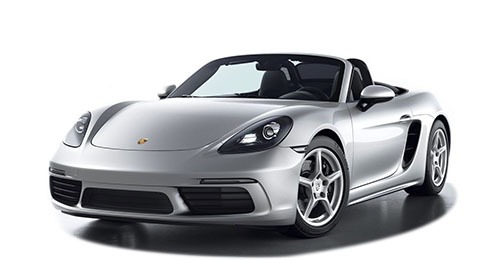 2023 718 Boxster
2023 718 Boxster
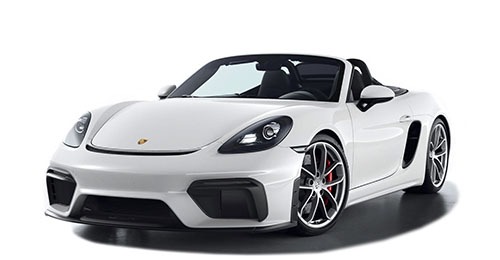 2023 718 Spyder
2023 718 Spyder
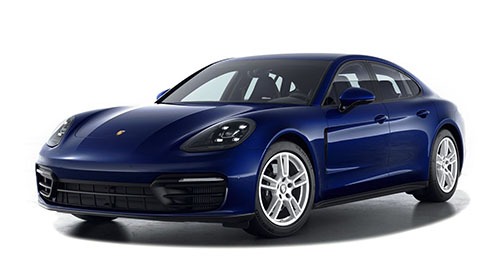 2023 Panamera
2023 Panamera
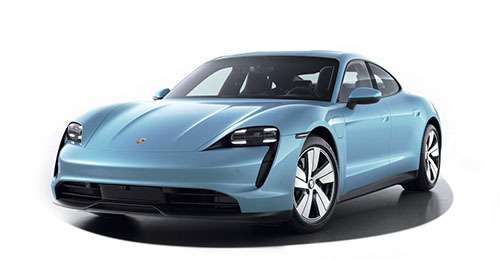 2023 Taycan
2023 Taycan
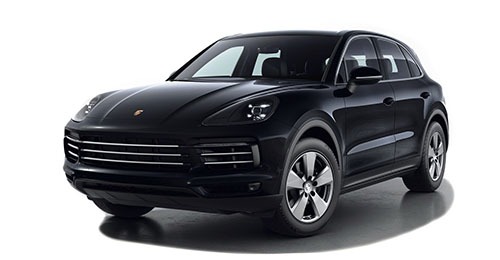 2023 Cayenne
2023 Cayenne
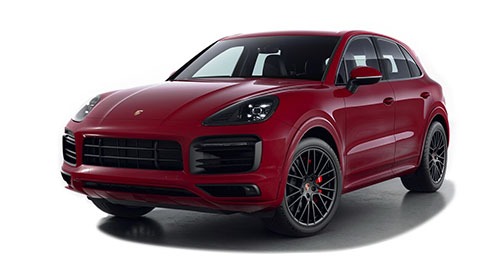 2023 Cayenne GTS
2023 Cayenne GTS
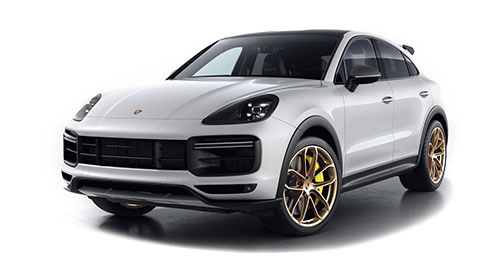 2023 Cayenne Turbo GT
2023 Cayenne Turbo GT
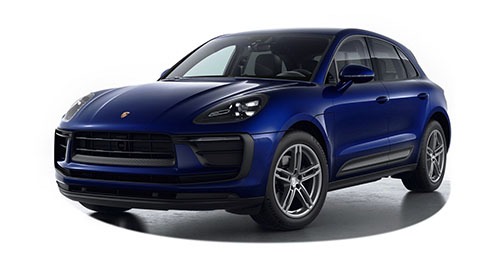 2023 Macan
2023 Macan
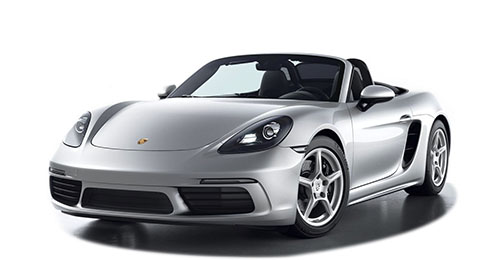 2022 718 Boxster
2022 718 Boxster
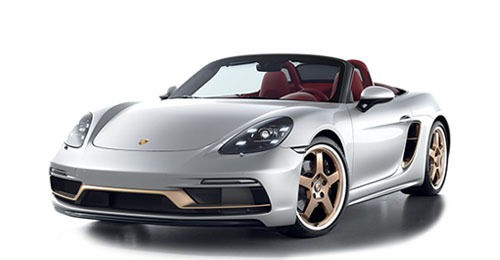 2022 718 Boxster 25 Years
2022 718 Boxster 25 Years
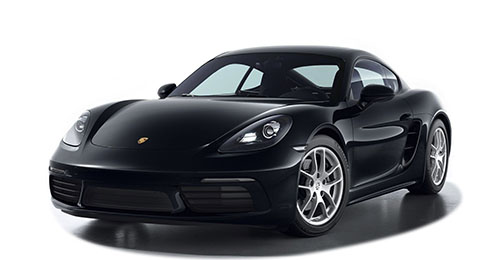 2022 718 Cayman
2022 718 Cayman
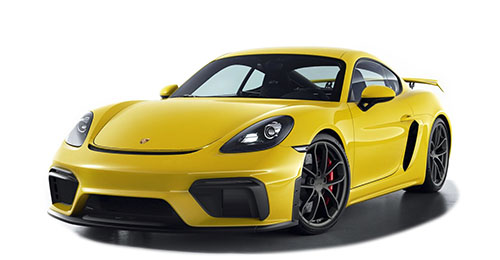 2022 718 Cayman GT4
2022 718 Cayman GT4
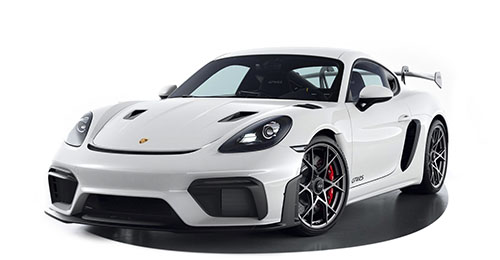 2022 718 Cayman GT4 RS
2022 718 Cayman GT4 RS
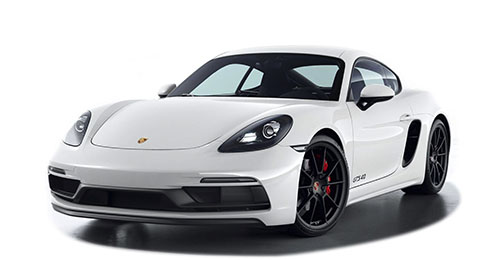 2022 718 GTS 4.0
2022 718 GTS 4.0
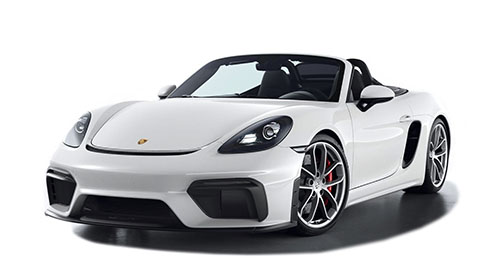 2022 718 Spyder
2022 718 Spyder
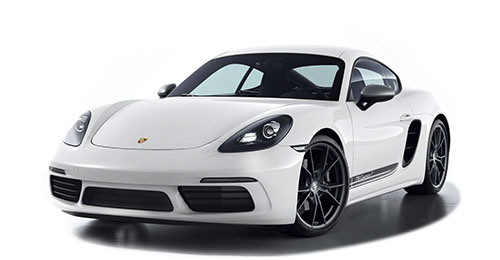 2022 718 T
2022 718 T
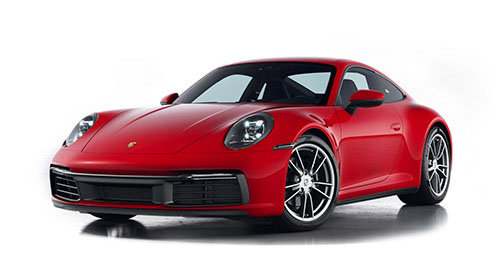 2022 911
2022 911
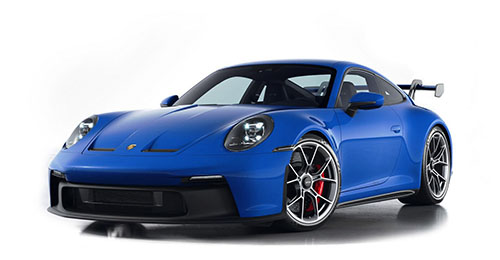 2022 911 GT3
2022 911 GT3
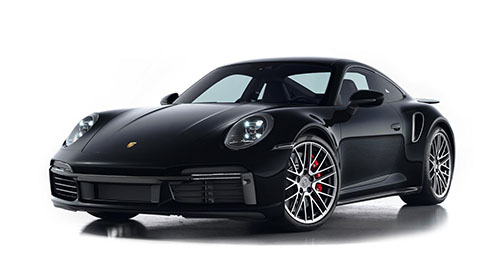 2022 911 Turbo
2022 911 Turbo
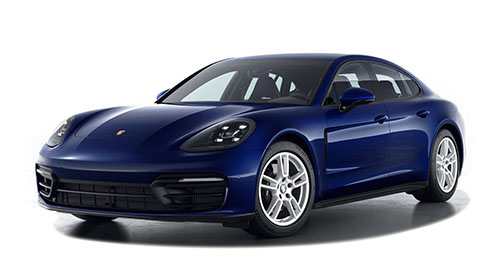 2022 Panamera
2022 Panamera
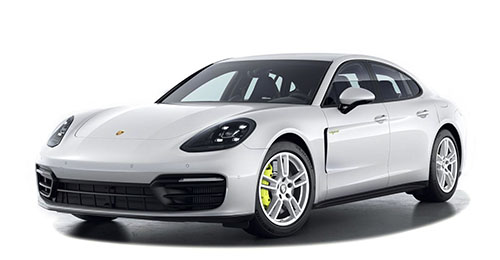 2022 Panamera E-Hybrid
2022 Panamera E-Hybrid
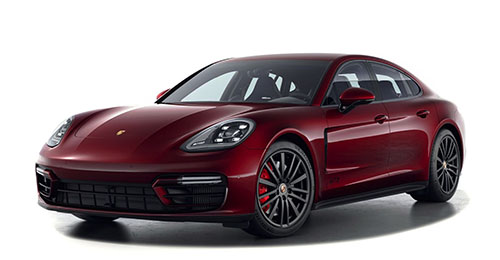 2022 Panamera GTS
2022 Panamera GTS
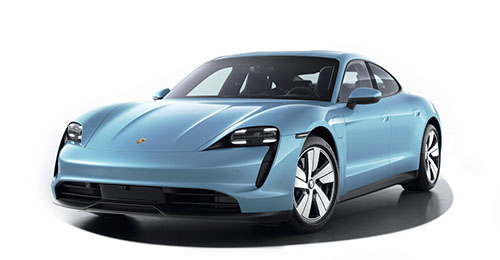 2022 Taycan
2022 Taycan
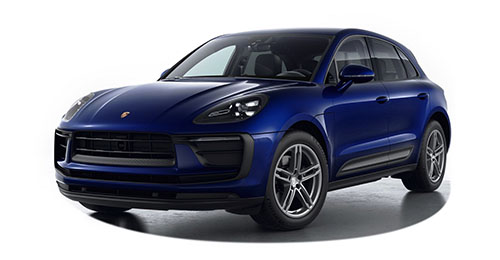 2022 Macan
2022 Macan
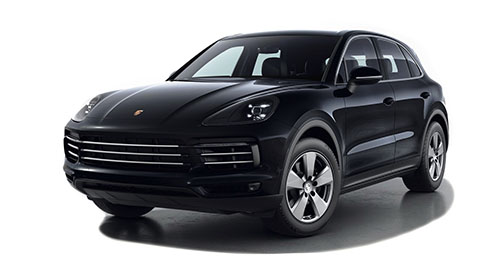 2022 Cayenne
2022 Cayenne
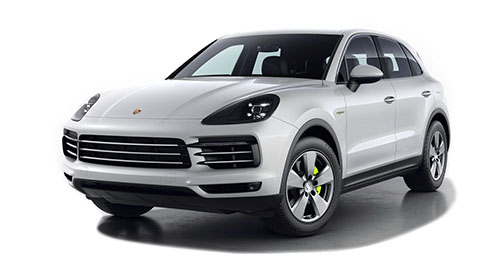 2022 Cayenne E-Hybrid
2022 Cayenne E-Hybrid
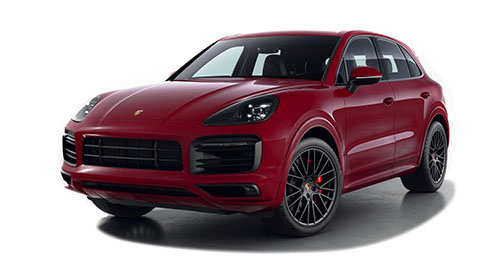 2022 Cayenne GTS
2022 Cayenne GTS
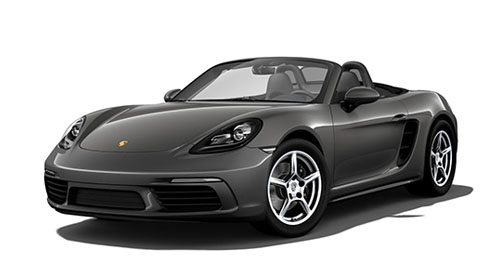 2021 718 Boxster
2021 718 Boxster
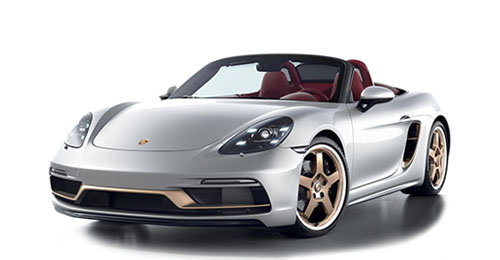 2021 718 Boxster 25 Years
2021 718 Boxster 25 Years
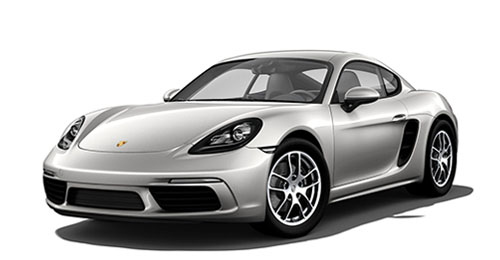 2021 718 Cayman
2021 718 Cayman
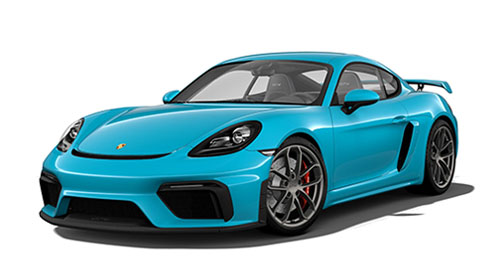 2021 718 Cayman GT4
2021 718 Cayman GT4
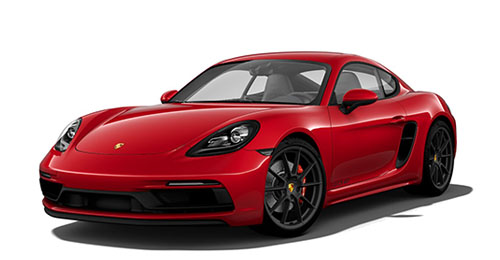 2021 718 GTS 4.0
2021 718 GTS 4.0
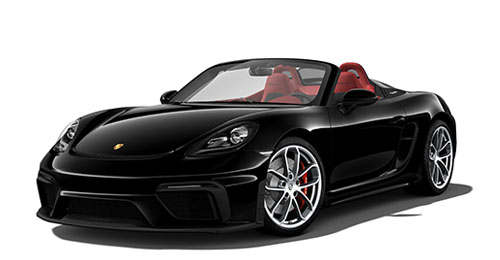 2021 718 Spyder
2021 718 Spyder
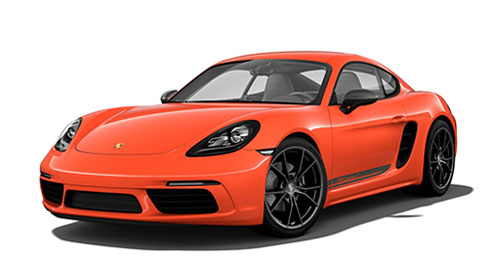 2021 718 T
2021 718 T
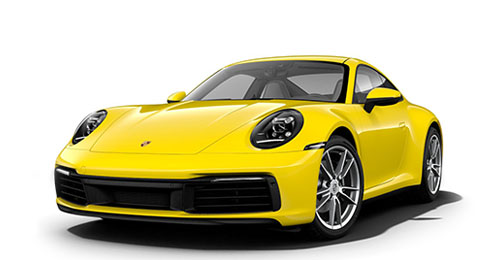 2021 911
2021 911
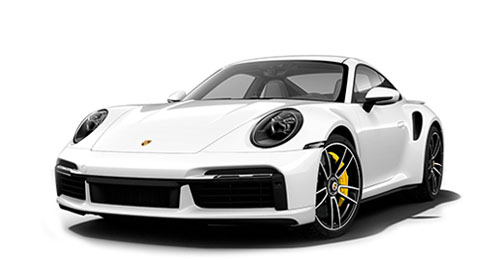 2021 911 Turbo
2021 911 Turbo
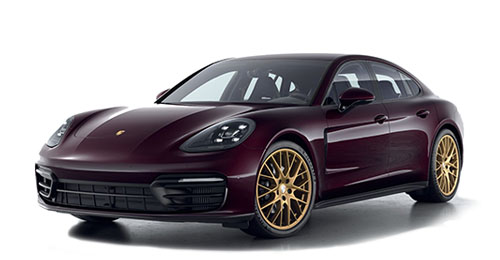 2021 Panamera
2021 Panamera
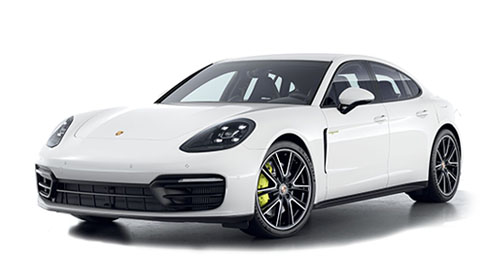 2021 Panamera E-Hybrid
2021 Panamera E-Hybrid
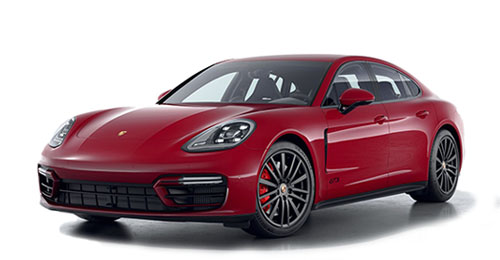 2021 Panamera GTS
2021 Panamera GTS
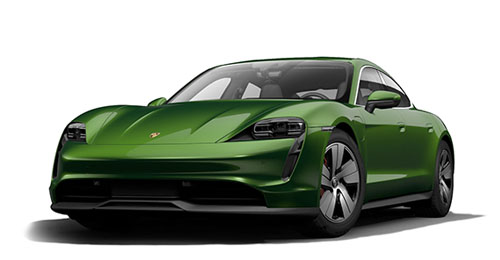 2021 Taycan
2021 Taycan
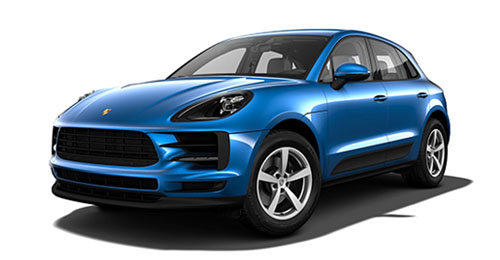 2021 Macan
2021 Macan
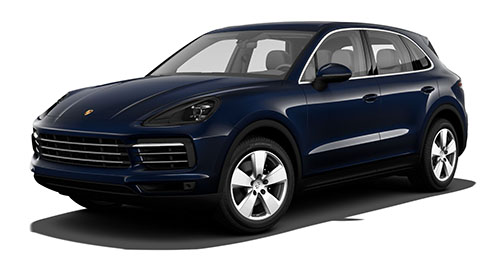 2021 Cayenne
2021 Cayenne
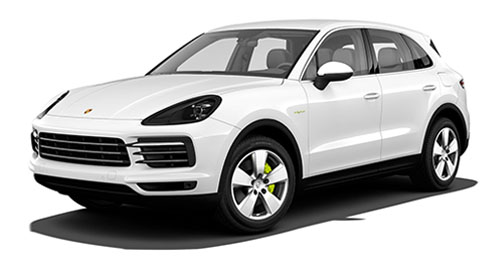 2021 Cayenne E-Hybrid
2021 Cayenne E-Hybrid
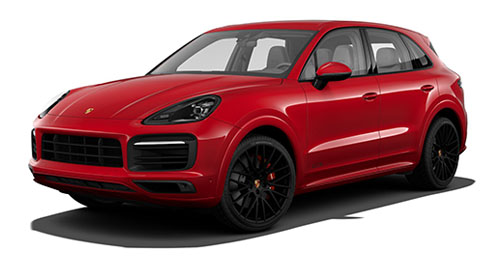 2021 Cayenne GTS
2021 Cayenne GTS
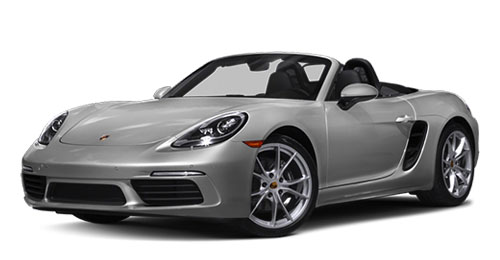 2020 718 Boxster
2020 718 Boxster
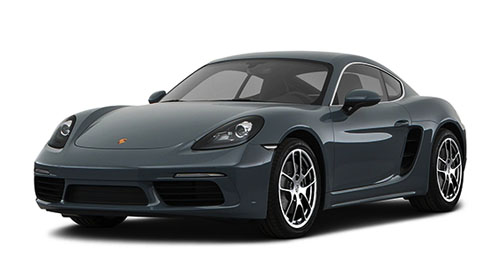 2020 718 Cayman
2020 718 Cayman
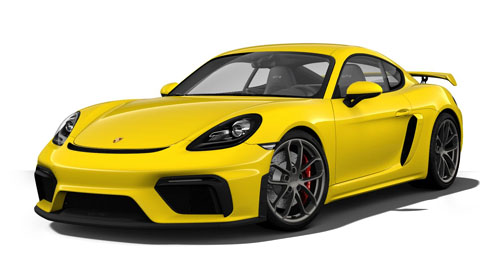 2020 718 Cayman GT4
2020 718 Cayman GT4
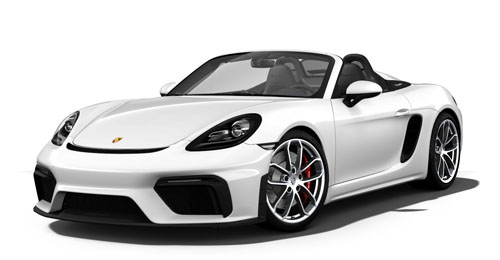 2020 718 Spyder
2020 718 Spyder
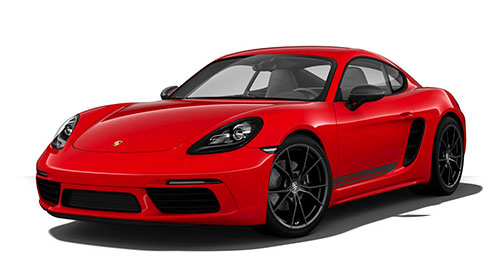 2020 718 T
2020 718 T
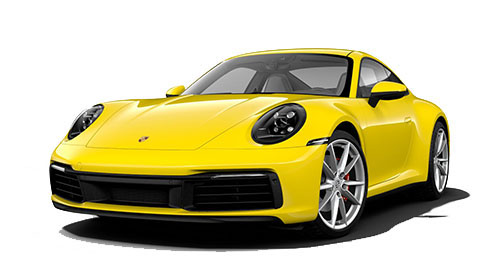 2020 911 Carrera
2020 911 Carrera
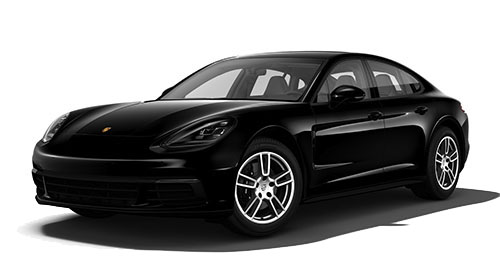 2020 Panamera
2020 Panamera
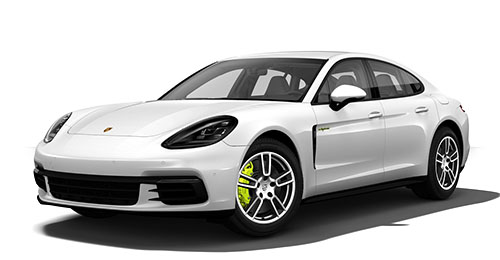 2020 Panamera E-Hybrid
2020 Panamera E-Hybrid
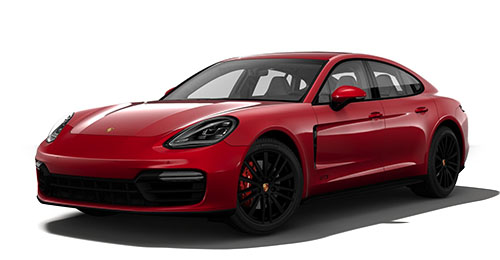 2020 Panamera GTS
2020 Panamera GTS
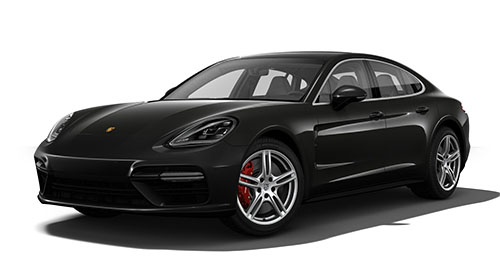 2020 Panamera Turbo
2020 Panamera Turbo
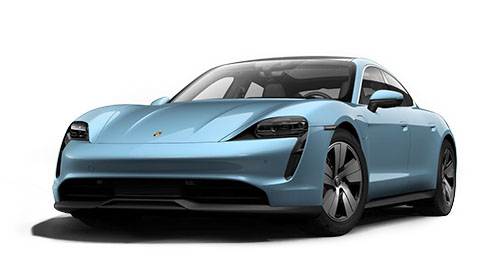 2020 Taycan
2020 Taycan
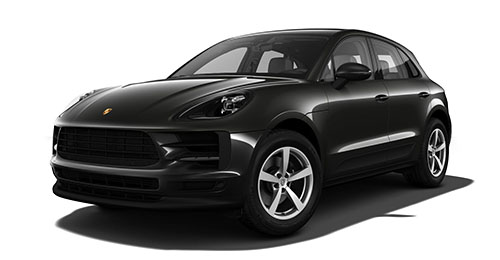 2020 Macan
2020 Macan
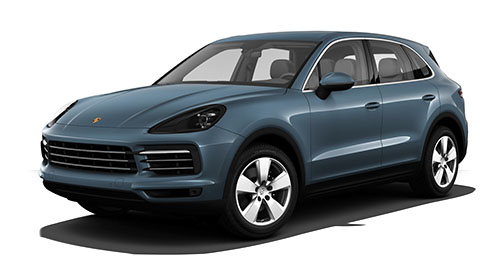 2020 Cayenne
2020 Cayenne
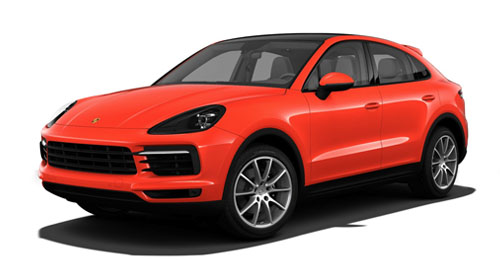 2020 Cayenne Coupe
2020 Cayenne Coupe
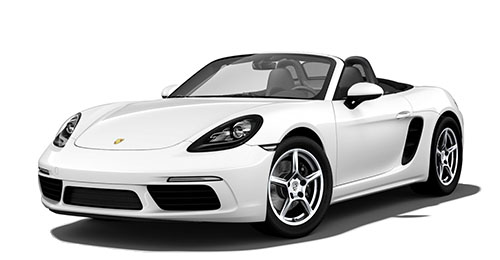 2019 718 Boxster
2019 718 Boxster
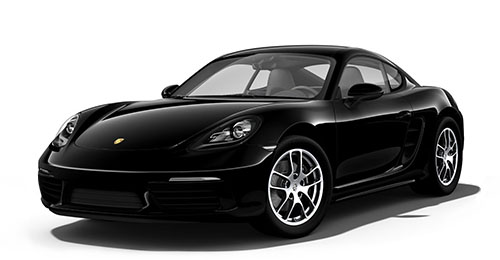 2019 718 Cayman
2019 718 Cayman
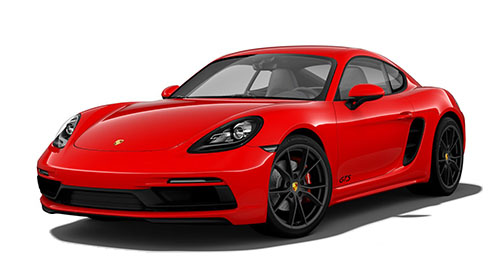 2019 718 GTS
2019 718 GTS
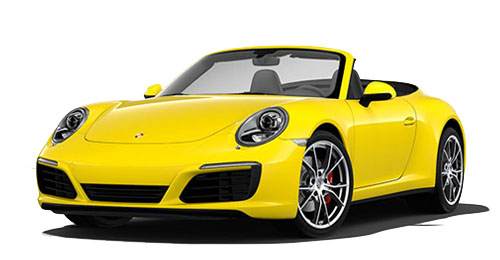 2019 911 Carrera
2019 911 Carrera
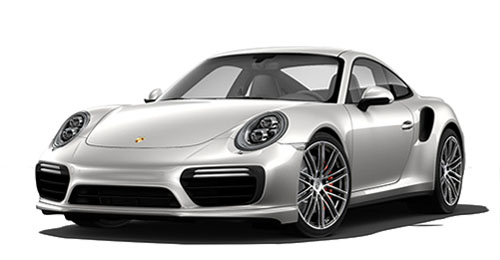 2019 911 Carrera T
2019 911 Carrera T
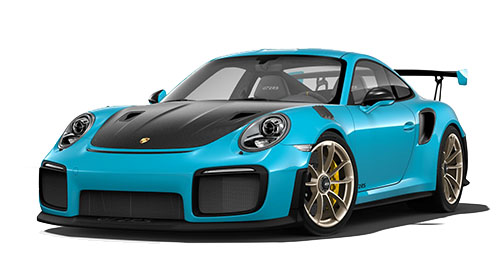 2019 911 GT2 RS
2019 911 GT2 RS
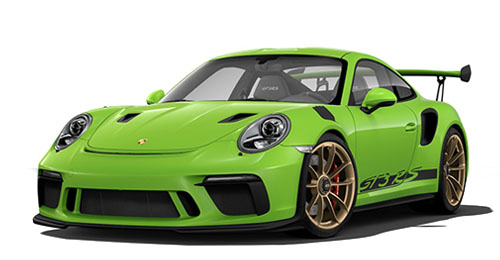 2019 911 GT3
2019 911 GT3
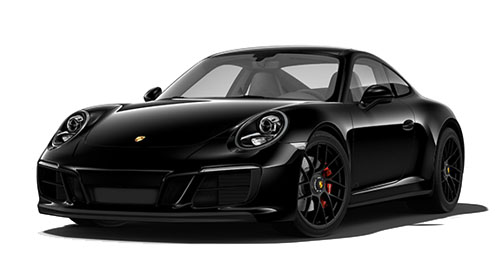 2019 911 GTS
2019 911 GTS
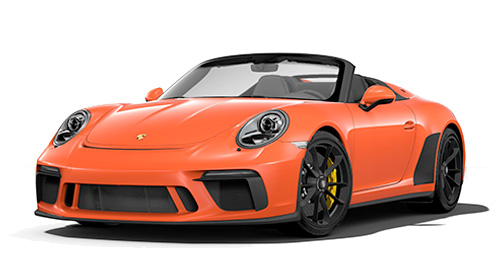 2019 911 Speedster
2019 911 Speedster
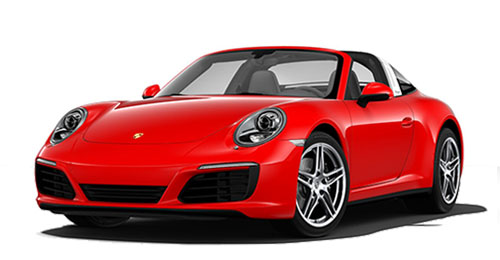 2019 911 Targa 4
2019 911 Targa 4
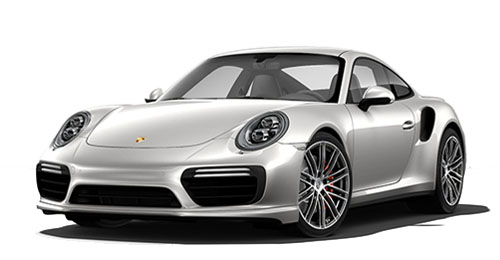 2019 911 Turbo
2019 911 Turbo
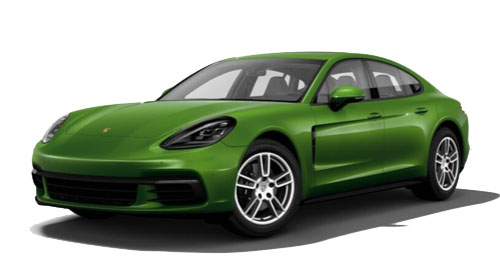 2019 Panamera
2019 Panamera
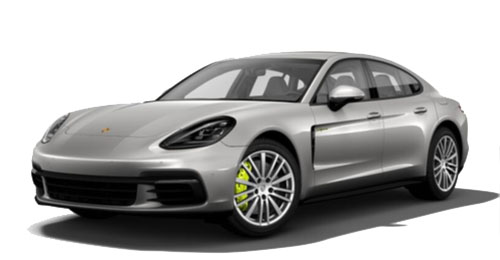 2019 Panamera E-Hybrid
2019 Panamera E-Hybrid
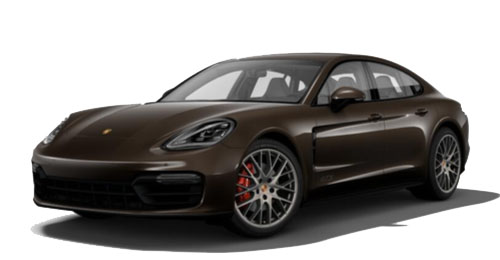 2019 Panamera GTS
2019 Panamera GTS
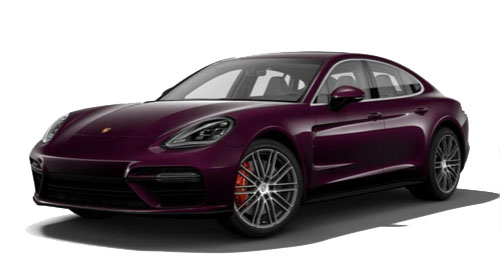 2019 Panamera Turbo
2019 Panamera Turbo
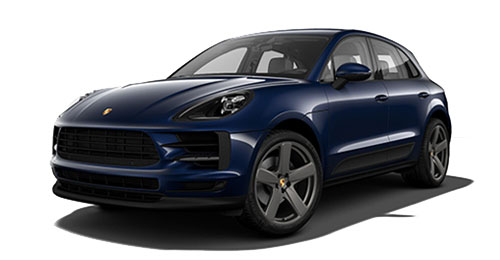 2019 Macan
2019 Macan
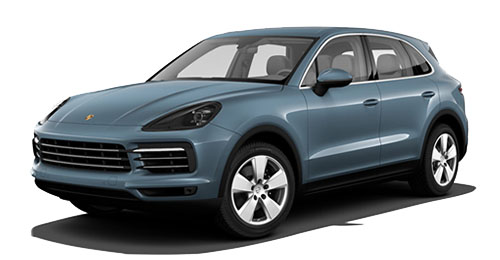 2019 Cayenne
2019 Cayenne
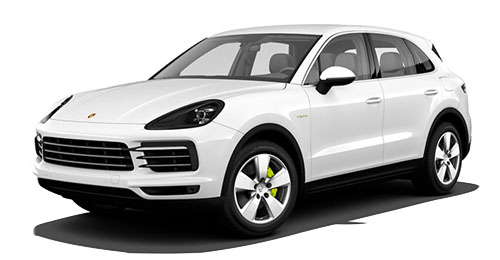 2019 Cayenne E-Hybrid
2019 Cayenne E-Hybrid
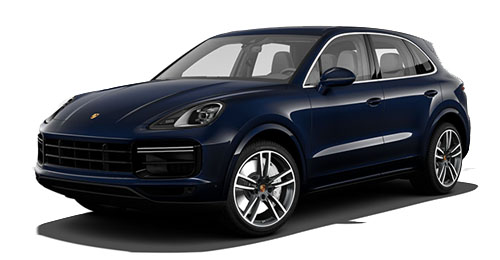 2019 Cayenne Turbo
2019 Cayenne Turbo
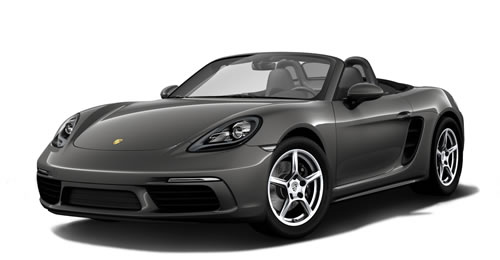 2018 718 Boxster
2018 718 Boxster
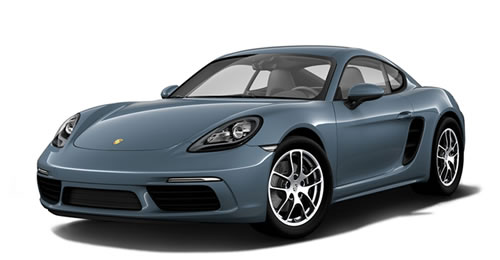 2018 718 Cayman
2018 718 Cayman
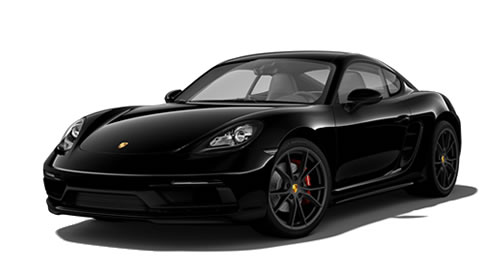 2018 718 GTS
2018 718 GTS
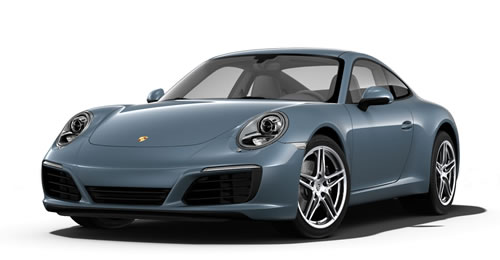 2018 911 Carrera
2018 911 Carrera
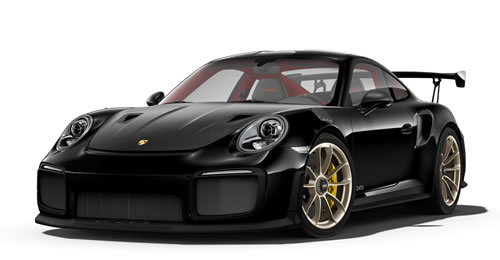 2018 911 GT2 RS
2018 911 GT2 RS
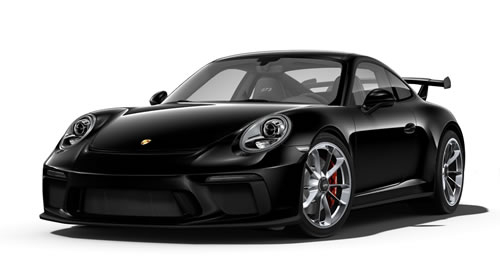 2018 911 GT3
2018 911 GT3
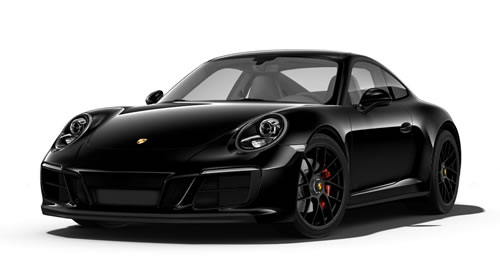 2018 911 GTS
2018 911 GTS
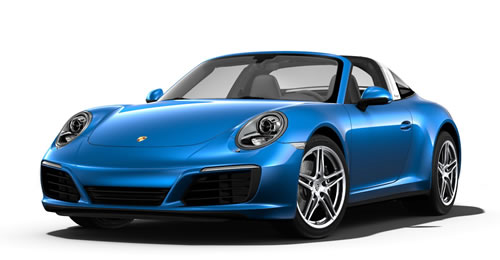 2018 911 Targa 4
2018 911 Targa 4
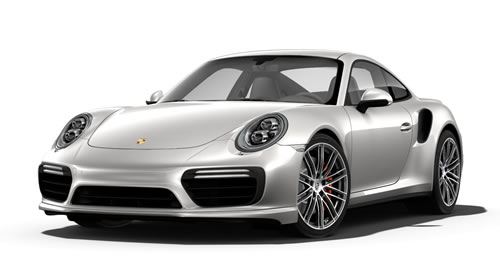 2018 911 Turbo
2018 911 Turbo
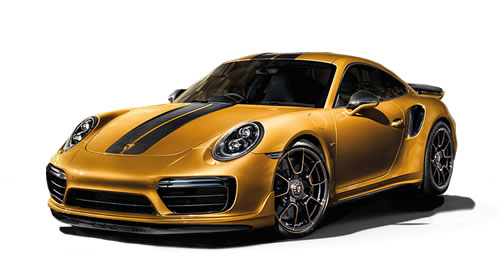 2018 911 Turbo S Exclusive
2018 911 Turbo S Exclusive
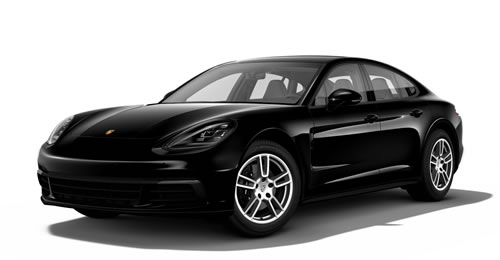 2018 Panamera
2018 Panamera
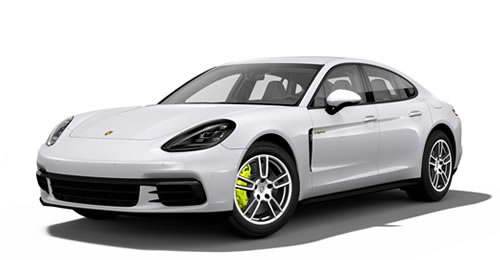 2018 Panamera E-Hybrid
2018 Panamera E-Hybrid
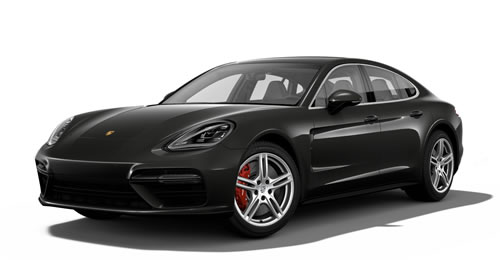 2018 Panamera Turbo
2018 Panamera Turbo
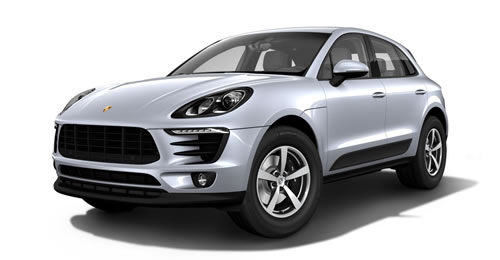 2018 Macan
2018 Macan
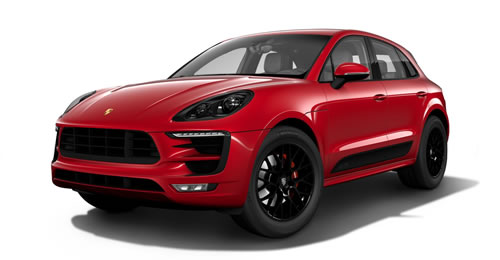 2018 Macan GTS
2018 Macan GTS
 2018 Macan Turbo
2018 Macan Turbo
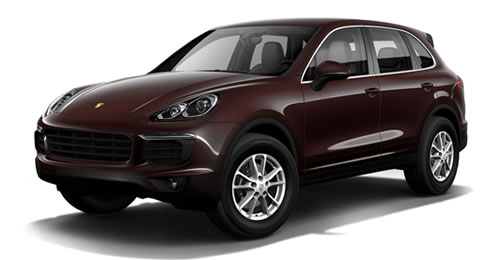 2018 Cayenne
2018 Cayenne
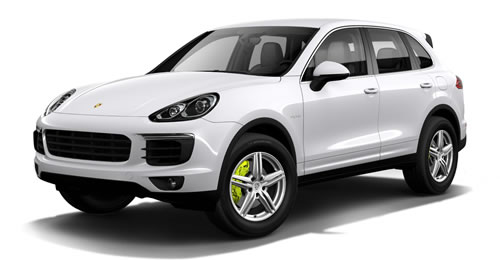 2018 Cayenne E-Hybrid
2018 Cayenne E-Hybrid
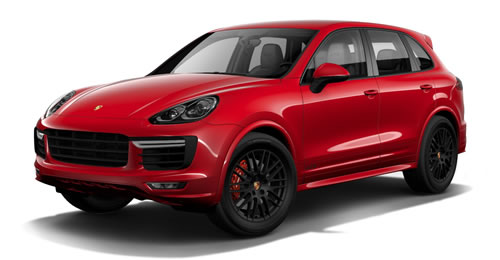 2018 Cayenne GTS
2018 Cayenne GTS
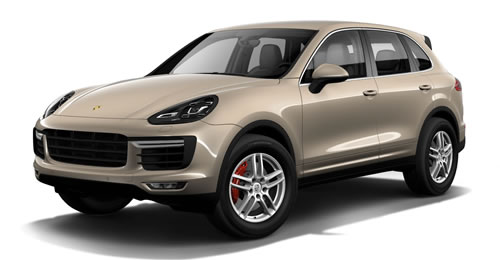 2018 Cayenne Turbo
2018 Cayenne Turbo
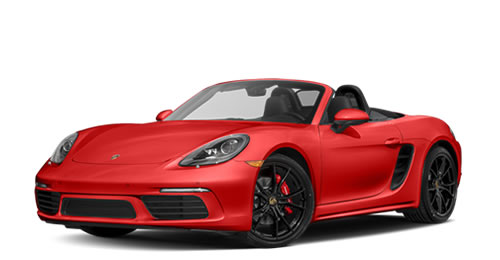 2017 718 Boxster
2017 718 Boxster
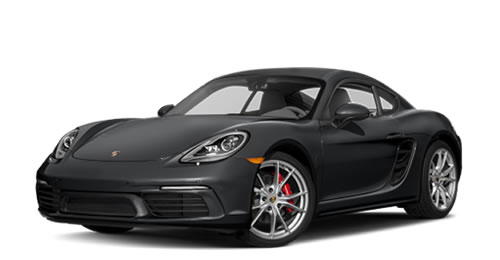 2017 718 Cayman
2017 718 Cayman
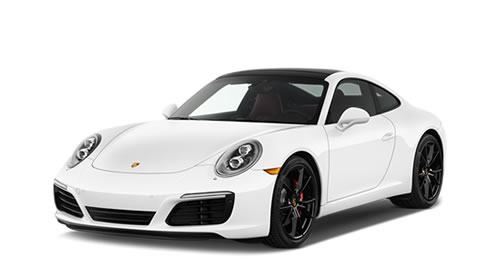 2017 911 Carrera
2017 911 Carrera
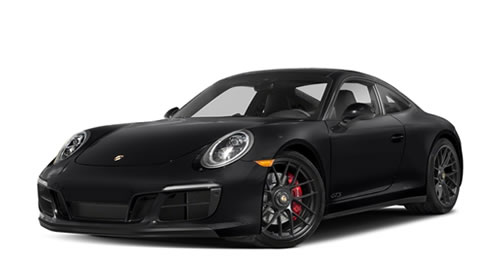 2017 911 GTS
2017 911 GTS
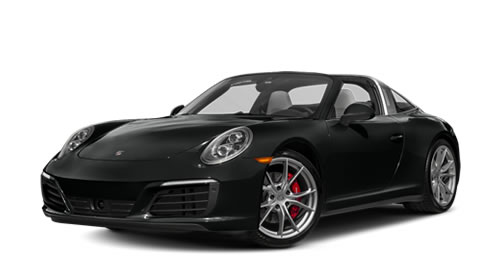 2017 911 Targa
2017 911 Targa
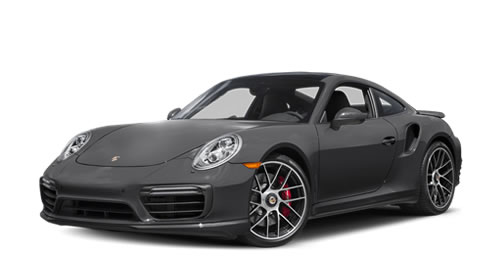 2017 911 Turbo
2017 911 Turbo
 2017 Panamera
2017 Panamera
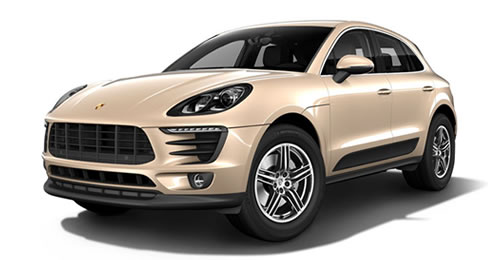 2017 Macan
2017 Macan
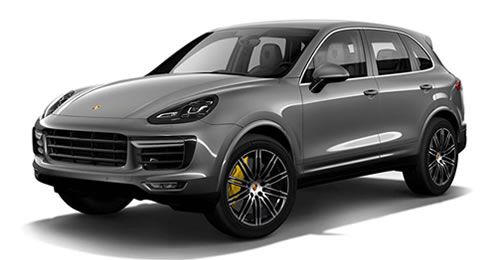 2017 Cayenne
2017 Cayenne
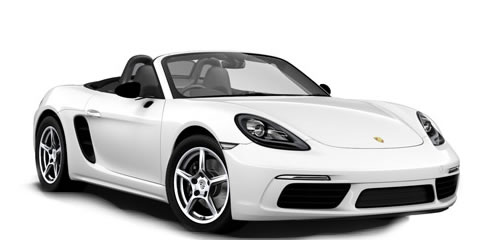 2016 Boxster
2016 Boxster
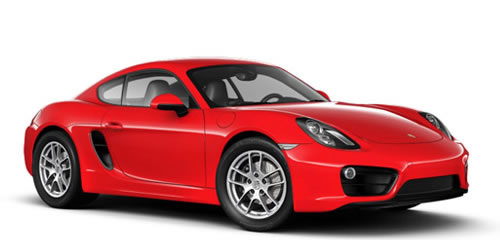 2016 Cayman
2016 Cayman
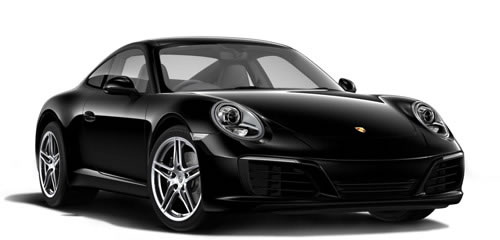 2016 911
2016 911
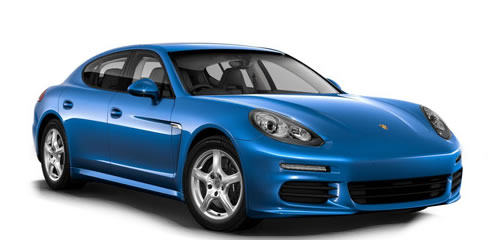 2016 Panamera
2016 Panamera
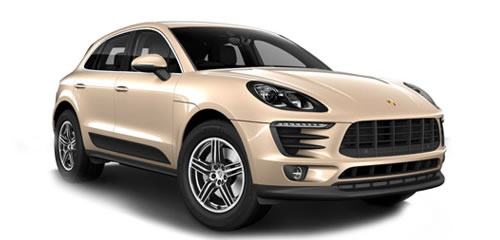 2016 Macan
2016 Macan
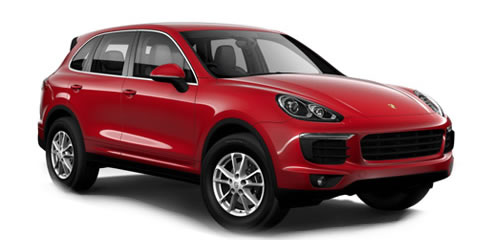 2016 Cayenne
2016 Cayenne
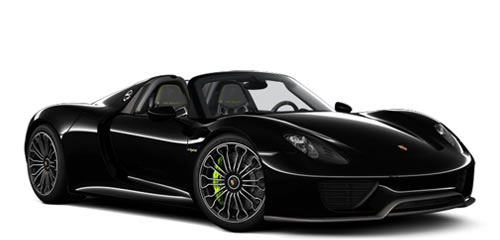 2015 918 Spyder
2015 918 Spyder
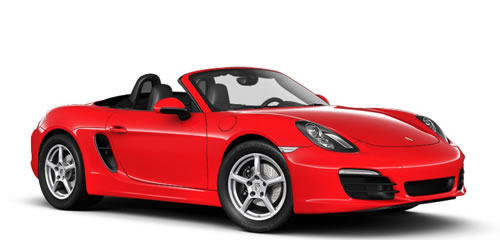 2015 Boxster
2015 Boxster
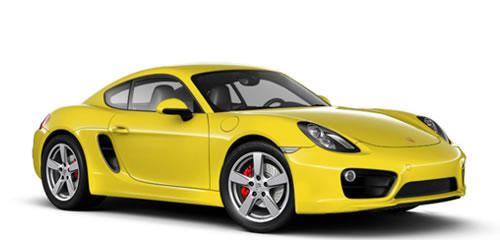 2015 Cayman
2015 Cayman
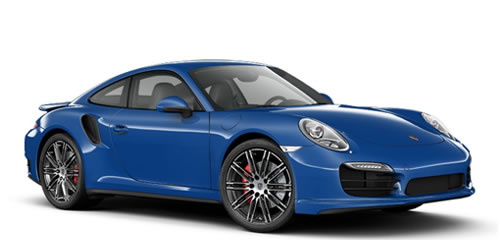 2015 911
2015 911
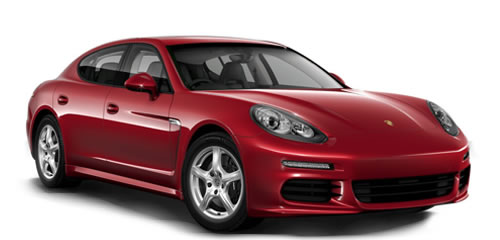 2015 Panamera
2015 Panamera
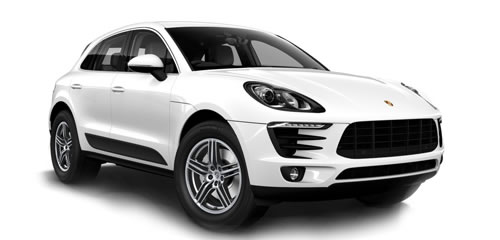 2015 Macan
2015 Macan
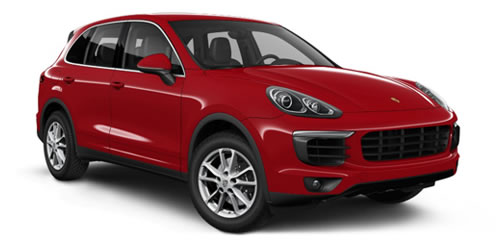 2015 Cayenne
2015 Cayenne
